Humanities at Hertog
Choose a great text to study alongside a master teacher and engaged peers.
Our faculty and speakers fully reflect the unusual scope and depth of our coursework and activities. Each is an accomplished, leading figure in academia, politics, journalism, or business, and together they represent a wide variety of ideological, political, and social views.
Our faculty list below includes both occasional speakers who deliver lectures and run seminars, as well as Hertog’s core faculty members.

Mary Elizabeth Halper is Dean of the Humanities at Hertog program and a tutor at St. John’s College, Annapolis. Previously, she was Associate Director of the Hertog Foundation. She graduated with B.A.s in Philosophy and Classics from the University of Dallas and has since been devoted to liberal education in various forms.

Humanities
Mary Elizabeth Halper is Dean of the Humanities at Hertog program and a tutor at St. John’s College, Annapolis. Previously, she was Associate Director of the Hertog Foundation. She graduated with B.A.s in Philosophy and Classics from the University of Dallas and has since been devoted to liberal education in various forms. She earned her Ph.D. in Philosophy from the Catholic University of America, where she defended a dissertation on the political philosophy of Plato’s Protagoras and Gorgias.

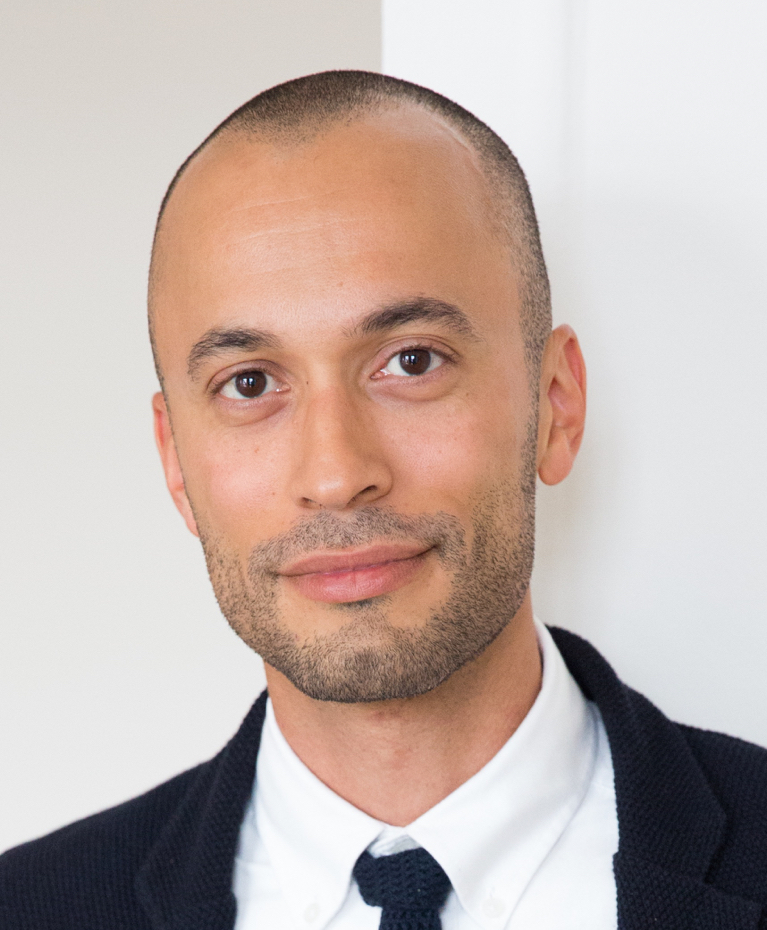
Thomas Chatterton Williams is a staff writer at The Atlantic and the author of Losing My Cool and Self-Portrait in Black and White. He is a Visiting Professor of Humanities and senior fellow at the Hannah Arendt Center at Bard College, a 2022 Guggenheim fellow, and a visiting fellow at AEI. He was previously a contributing writer at The New York Times Magazine and a Columnist at Harper’s.

Humanities
Thomas Chatterton Williams is a staff writer at The Atlantic and the author of Losing My Cool and Self-Portrait in Black and White. He is a Visiting Professor of Humanities and senior fellow at the Hannah Arendt Center at Bard College, a 2022 Guggenheim fellow, and a visiting fellow at AEI. He was previously a contributing writer at The New York Times Magazine and a Columnist at Harper’s. His work has appeared in the New Yorker, the London Review of Books, Le Monde and many other places, and has been collected in The Best American Essays and The Best American Travel Writing. He has received support from New America, Yaddo, MacDowell, and The American Academy in Berlin, where he is a member of the Board of Trustees. His next book, Nothing Was the Same, will be published by Knopf.
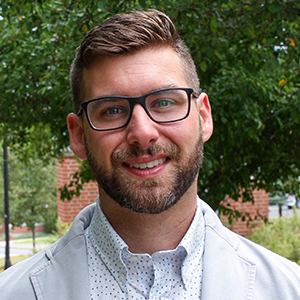
Matthew Dinan is an Associate Professor in the Great Books Program at St. Thomas University in Fredericton, New Brunswick, Canada. He does research on Ancient Greek, Christian, and 19th and 20th Century Political Philosophy.

Humanities
Matthew Dinan is an Associate Professor in the Great Books Program at St. Thomas University in Fredericton, New Brunswick, Canada. He does research on Ancient Greek, Christian, and 19th and 20th Century Political Philosophy. He is especially interested in Plato, Aristotle, Kierkegaard, Nietzsche, and Derrida. He is the co-editor of Politics, Literature, and Film in Conversation: Essays in Honor of Mary P. Nichols. His current book project, Kierkegaard’s Socratic Political Philosophy, argues that Søren Kierkegaard’s contribution to political philosophy should be understood as “doubly” Socratic. In addition to his scholarly work, Dinan is a regular contributor to The Hedgehog Review and has written for The Bulwark, Commonweal, and Athwart.
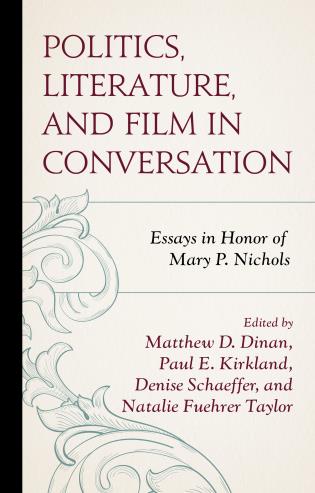
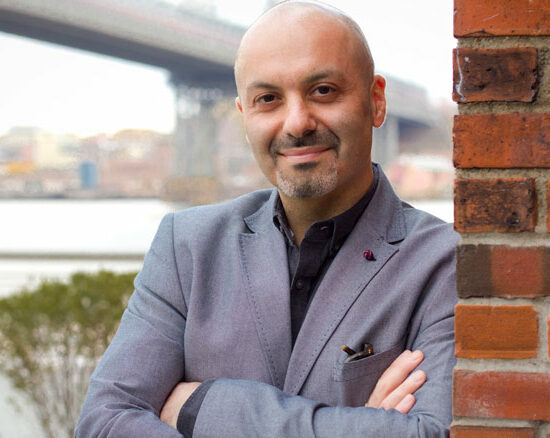
Boris Fishman is the author of the novels A Replacement Life and Don’t Let My Baby Do Rodeo, both New York Times Notable Books of the Year, and Savage Feast, a family memoir told through recipes.

Humanities
Boris Fishman is the author of the novels A Replacement Life (which won the VCU Cabell First Novelist Award and the American Library Association’s Sophie Brody Medal) and Don’t Let My Baby Do Rodeo, both New York Times Notable Books of the Year, and Savage Feast, a family memoir told through recipes, all from HarperCollins. Harper will publish his new novel, The Unwanted, in early 2025. He has taught creative writing at Princeton University and the University of Montana, and has contributed journalism to The New Yorker, The New York Times Magazine, The Washington Post, The Guardian, The Wall Street Journal, Travel + Leisure, Saveur, Food & Wine, The American Scholar, New York Magazine, Politico, and many other publications.

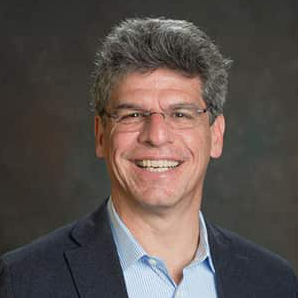
Jacob Howland has published five books and roughly 60 scholarly articles and review essays on the thought of Plato, Aristotle, Xenophon, Kierkegaard, the Talmud, the Holocaust, ideological tyranny, and other subjects. His most recent book is Glaucon’s Fate: History, Myth, and Character in Plato’s Republic.

Humanities
Jacob Howland is the former Provost, Senior Vice President for Academic Affairs, and Dean of Intellectual Foundations at the University of Austin. Previously, he was the McFarlin Professor of Philosophy (emeritus) at the University of Tulsa. His research focuses on ancient Greek philosophy, history, epic, and tragedy; the Hebrew Bible and the Talmud; Kierkegaard; and literary and philosophical responses to the Holocaust and Soviet totalitarianism.
His most recent book is Glaucon’s Fate: History, Myth, and Character in Plato’s Republic. His other books include Plato and the Talmud and Kierkegaard and Socrates: A Study in Philosophy and Faith.
He earned a B.A. from Swarthmore College and a Ph.D. from Penn State.
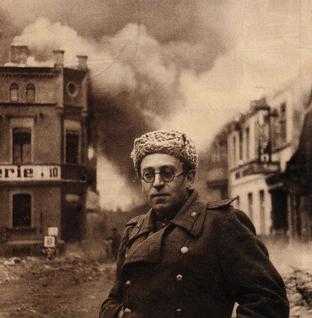
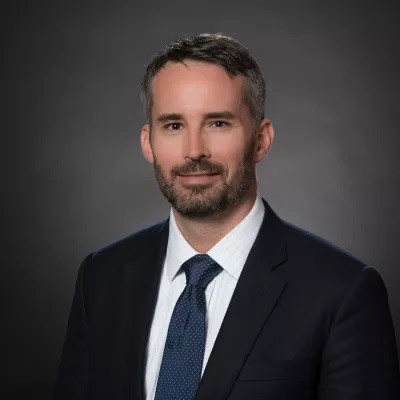
Greg McBrayer is Interim Provost at Ashland University and a political science professor specializing in political philosophy and international relations. He has published widely, co-authored and edited works on Plato and Xenophon, and previously held positions at Morehead State, Emory, and Gettysburg College.

Humanities
Gregory McBrayer is Interim Provost at Ashland University, where he also directs the Core Curriculum and serves as an assistant professor of political science. His teaching and research center on political philosophy and international relations. He has published in Interpretation: A Journal of Political Philosophy and Kenton, reviewed books for several leading journals, co-authored Plato’s Euthydemus (with Mary Nichols and Denise Schaeffer), and edited Xenophon: The Shorter Writings. McBrayer joined Ashland in 2017 after appointments at Morehead State University, Emory University (postdoctoral fellow), and Gettysburg College. He holds a Ph.D. from the University of Maryland, an M.A. from the University of Georgia, and a B.A. from Emory University.
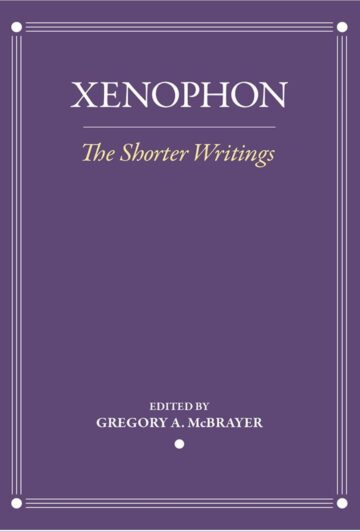
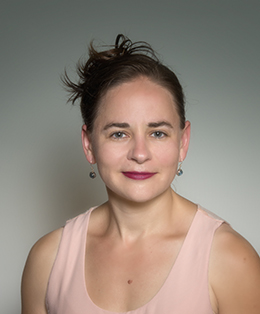
Molly Brigid McGrath is a professor of philosophy at Assumption University. She specializes in phenomenology, social ontology, and political philosophy, with particular interests in the works of Husserl, Aristotle, Searle, and classic texts by Plato, Aquinas, and Montesquieu.

Humanities
Molly Brigid McGrath is a professor of philosophy at Assumption University. She specializes in phenomenology, social ontology, and political philosophy, with particular interests in the works of Husserl, Aristotle, Searle, and classic texts by Plato, Aquinas, and Montesquieu. She has previously been involved with the Intercollegiate Studies Institute’s summer honors program. McGrath recently published a philosophical inquiry into the origins of identity politics titled “The Authority of the Sacred Victim.” She also contributes short analytical pieces that delve into philosophical interpretations of films and TV shows including “The Ballad of Buster Scruggs, a Frontier Anthology,” “Wonder Woman: A Movie About Men,” and “Relativists Get Their Favorite Movie Wrong.”
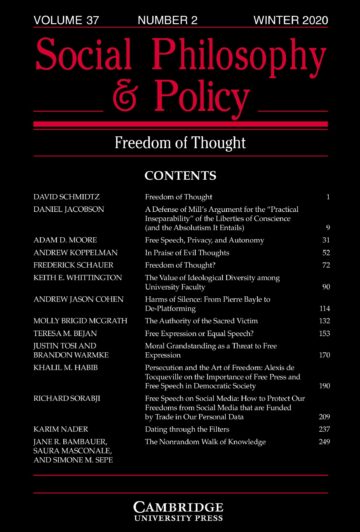

Cheryl Miller is executive director at the Hertog Foundation. Previously, she served as deputy director of research in the Office of Presidential Speechwriting and as research assistant to David Brooks at The New York Times. Her reviews and commentary have appeared in such publications as The Wall Street Journal, Commentary, and The Weekly Standard. She graduated from the University of Dallas with Bachelor of Arts degrees in English and Politics.

Humanities
Cheryl Miller is executive director at the Hertog Foundation. Previously, she served as deputy director of research in the Office of Presidential Speechwriting and as research assistant to David Brooks at The New York Times. Her reviews and commentary have appeared in such publications as The Wall Street Journal, Commentary, and The Weekly Standard. She graduated from the University of Dallas with Bachelor of Arts degrees in English and Politics.
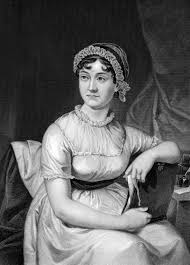
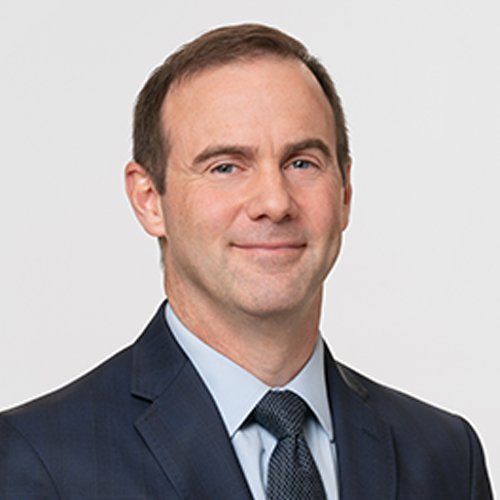
Christopher J. Scalia is a senior fellow in the Social, Cultural, and Constitutional Studies department at the American Enterprise Institute, where he focuses on literature, culture, and higher education. Prior to his role at AEI, Dr. Scalia was an English professor with a specialty in 18th-century and early 19th-century British literature.

Humanities
Christopher J. Scalia is a senior fellow in the Social, Cultural, and Constitutional Studies department at the American Enterprise Institute, where he focuses on literature, culture, and higher education.
A former English professor, Dr. Scalia specialized in 18th-century and early 19th-century British literature. He also spent three years as director of AEI’s Academic Programs department, where he led educational and professional-development programs and events for college students around the country. His articles, essays, and reviews on literature, music, higher education, and other topics have appeared in the Wall Street Journal, the Washington Post, USA Today, Commentary, National Review, First Things, the Washington Free Beacon, the Times Literary Supplement, the Spectator World, and FoxNews.com, among other outlets.
Dr. Scalia is the coeditor of On Faith: Lessons from an American Believer (Crown Forum, 2019), and Scalia Speaks: Reflections on Law, Faith, and Life Well Lived (Crown Forum, 2017). His forthcoming book, Eleven Conservative Novels You Must Read . . . but Probably Haven’t, will be published by Regnery Publishing in 2024.
Dr. Scalia has a PhD and MA in English from the University of Wisconsin–Madison. He has a BA in English with a minor in history from the College of William & Mary.
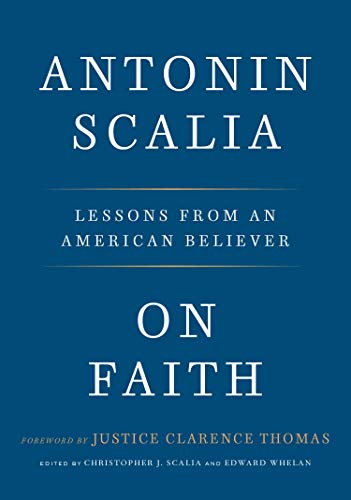
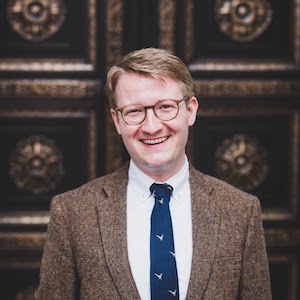
Christopher Utter is Associate Director of the Lincoln Scholars program and term professorial lecturer in the Department of Government in the School of Public Affairs at American University. He regularly teaches courses in the Lincoln Scholars program as well as upper level political theory courses. His research focuses mainly on classical political philosophy with a particular interest in the problem of theory and practice in Plato and Aristotle.

Humanities
Christopher Utter is Associate Director of the Lincoln Scholars program and term professorial lecturer in the Department of Government in the School of Public Affairs at American University. He regularly teaches courses in the Lincoln Scholars program as well as upper level political theory courses. His research focuses mainly on classical political philosophy with a particular interest in the problem of theory and practice in Plato and Aristotle.

Christopher Utter
View More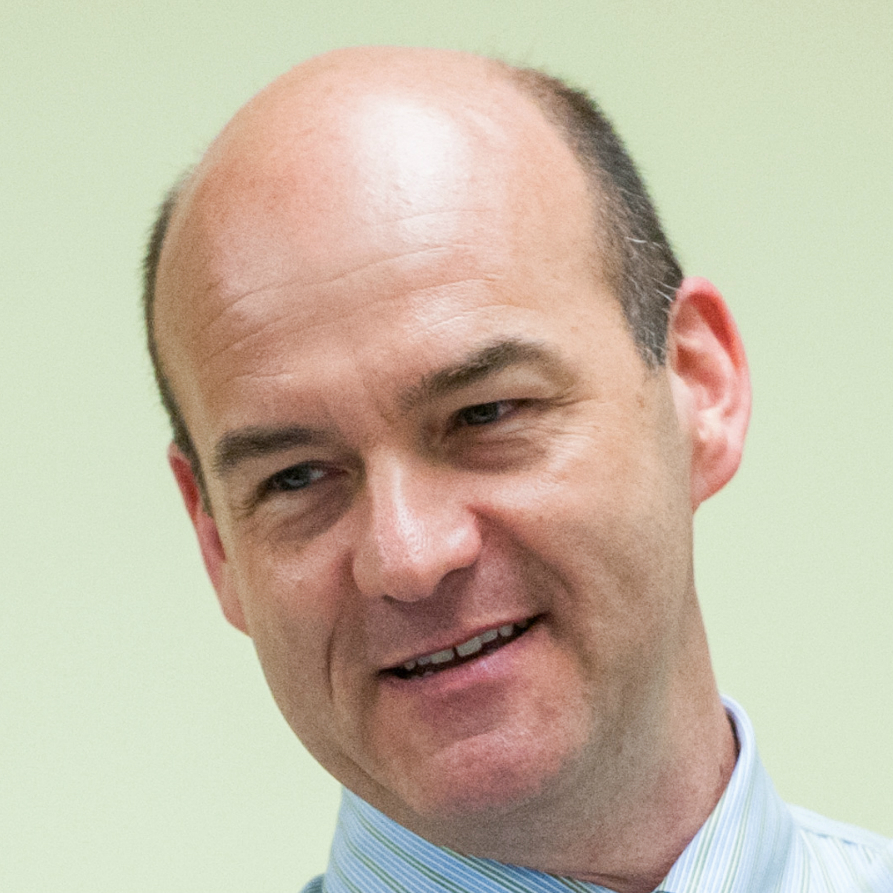
Robert C. Bartlett is the Behrakis Professor of Hellenic Political Studies at Boston College. His principal area of research is classical political philosophy, with particular attention to the thinkers of ancient Hellas, including Thucydides, Plato, and Aristotle. He is the co-translator of a new edition of Aristotle’s Nicomachean Ethics.

Political Thought & Philosophy
Robert C. Bartlett is the Behrakis Professor of Hellenic Political Studies at Boston College. His principal area of research is classical political philosophy, with particular attention to the thinkers of ancient Hellas, including Thucydides, Plato, Xenophon, and Aristotle.
He is the author or editor of eight books, including Sophistry and Political Philosophy: Protagoras’ Challenge to Socrates, The Idea of Enlightenment, Plato’s Protagoras and Meno, and Xenophon’s The Shorter Socratic Writings. He is also the co-translator of a new edition of Aristotle’s Nicomachean Ethics (University of Chicago Press, 2011). He has also published articles in the American Political Science Review, American Journal of Politics, Journal of Politics, Review of Politics, and other leading scholarly journals.
Before coming to Boston College, Robert Bartlett served as the Arthur M. Blank/National Endowment for the Humanities Distinguished Teaching Professor at Emory University. He is a graduate of the University of Toronto and holds an MA in Classics and a Ph.D. in Political Science from Boston College.
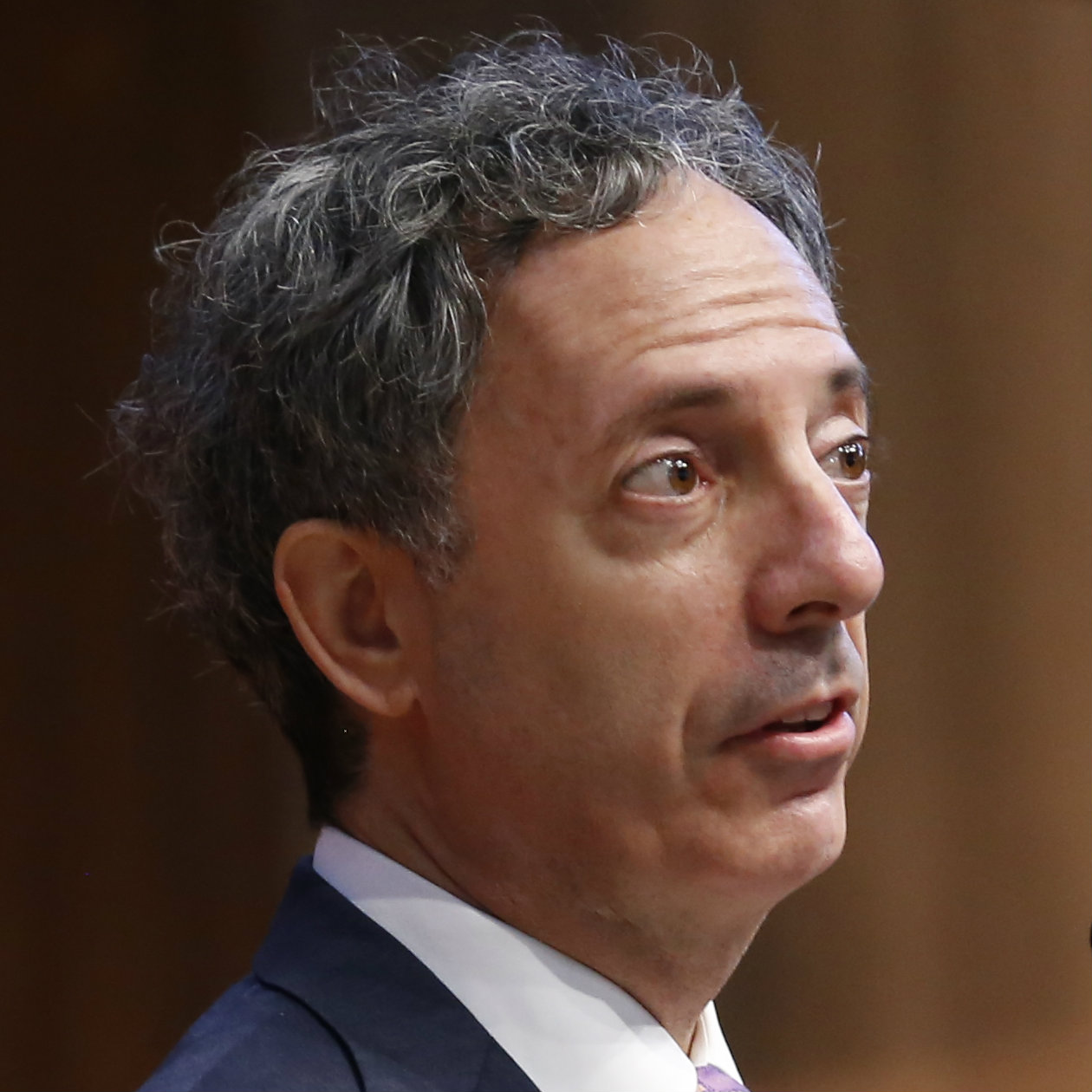
Peter Berkowitz is the Tad and Dianne Taube Senior Fellow at the Hoover Institution, Stanford University. He studies and writes about, among other things, constitutional government, conservatism and progressivism in America, liberal education, national security and law, and Middle East politics.

Political Thought & Philosophy
Peter Berkowitz is the Tad and Dianne Taube Senior Fellow at the Hoover Institution, Stanford University. He studies and writes about, among other things, constitutional government, conservatism and progressivism in America, liberal education, national security and law, and Middle East politics.
He is the author of Constitutional Conservatism: Liberty, Self-Government, and Political Moderation (Hoover Institution Press, 2013); Israel and the Struggle over the International Laws of War (Hoover Institution Press, 2012); Virtue and the Making of Modern Liberalism (Princeton University Press, 1999); and Nietzsche: The Ethics of an Immoralist (Harvard University Press, 1995).
He is the editor of seven collections of essays on political ideas and institutions published by the Hoover Institution: Renewing the American Constitutional Tradition (2014); Future Challenges in National Security and Law (2010); The Future of American Intelligence (2005); Terrorism
He taught constitutional law and jurisprudence at George Mason University School of Law from 1999 to 2006, and political philosophy in the department of government at Harvard University from 1990 to 1999. He holds a J.D. and a Ph.D. in political science from Yale University, an M.A. in philosophy from the Hebrew University of Jerusalem, and a B.A. in English literature from Swarthmore College.
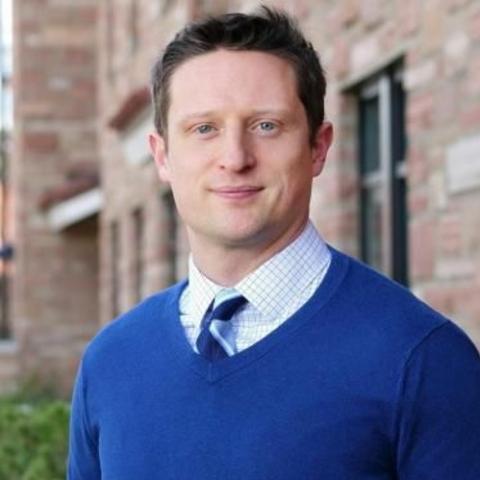
Shilo Brooks is Executive Director of the James Madison Program in American Ideals and Institutions and Lecturer in the Department of Politics. He is author of Nietzsche’s Culture War, in addition to scholarly and journalistic articles on a variety of topics in politics and the humanities. His teaching and research interests lie in the history of political philosophy, politics and literature, and statesmanship.

Political Thought & Philosophy
Shilo Brooks is Executive Director of the James Madison Program in American Ideals and Institutions and Lecturer in the Department of Politics. He is author of Nietzsche’s Culture War, in addition to scholarly and journalistic articles on a variety of topics in politics and the humanities. His teaching and research interests lie in the history of political philosophy, politics and literature, and statesmanship.
He was previously Associate Faculty Director of the Benson Center for the Study of Western Civilization and Faculty Director of the Engineering Leadership Program at the University of Colorado. Brooks has also held appointments as Visiting Professor of Government at Bowdoin College, Fellow in the Program on Constitutionalism and Democracy at the University of Virginia, and Fellow in the James Madison Program at Princeton. He received his Ph.D. in political science from Boston College and his B.A. in liberal arts from the Great Books Program at St. John’s College, Annapolis. He is an alum of the Political Studies Program.
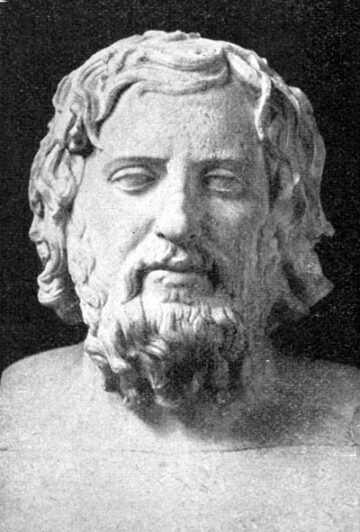

Daniel Burns is Associate Professor of Politics at the University of Dallas. His research in political philosophy focuses on the relation between religion and citizenship. He has recently served as a staffer for the U.S. Congress Joint Economic Committee and as a full-time contractor for the U.S. Department of Health and Human Services.

Political Thought & Philosophy
Daniel Burns is Associate Professor of Politics at the University of Dallas. He has held fellowships at the Catholic University of America and the University of Texas at Austin. He was on academic leave for government service between January and June of 2020, where he advised the U.S. Department of Health and Human Services.
His research in political philosophy focuses on the relation between religion and citizenship. He is currently working on a book called Against Secularism: Religious Identity and Liberal Democracy. He has also written on Al-Farabi, Thomas More, John Locke, Sayyid Qutb, the Strauss-Kojève debate, Joseph Ratzinger, Samuel Huntington, American foreign policy, and the modern Catholic church. He is a member of the Neuer Schülerkreis Joseph Ratzinger/Benedikt XVI., a Germany-based group of scholars dedicated to advancing Ratzinger’s intellectual legacy.
He holds a B.A. in Political Science from Williams College and a Ph.D. in Political Science from Boston College.
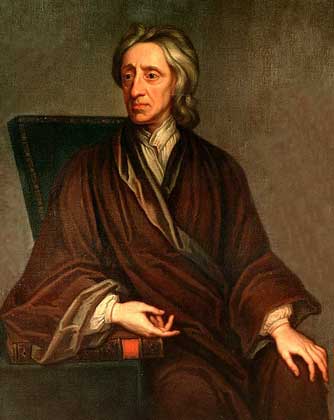
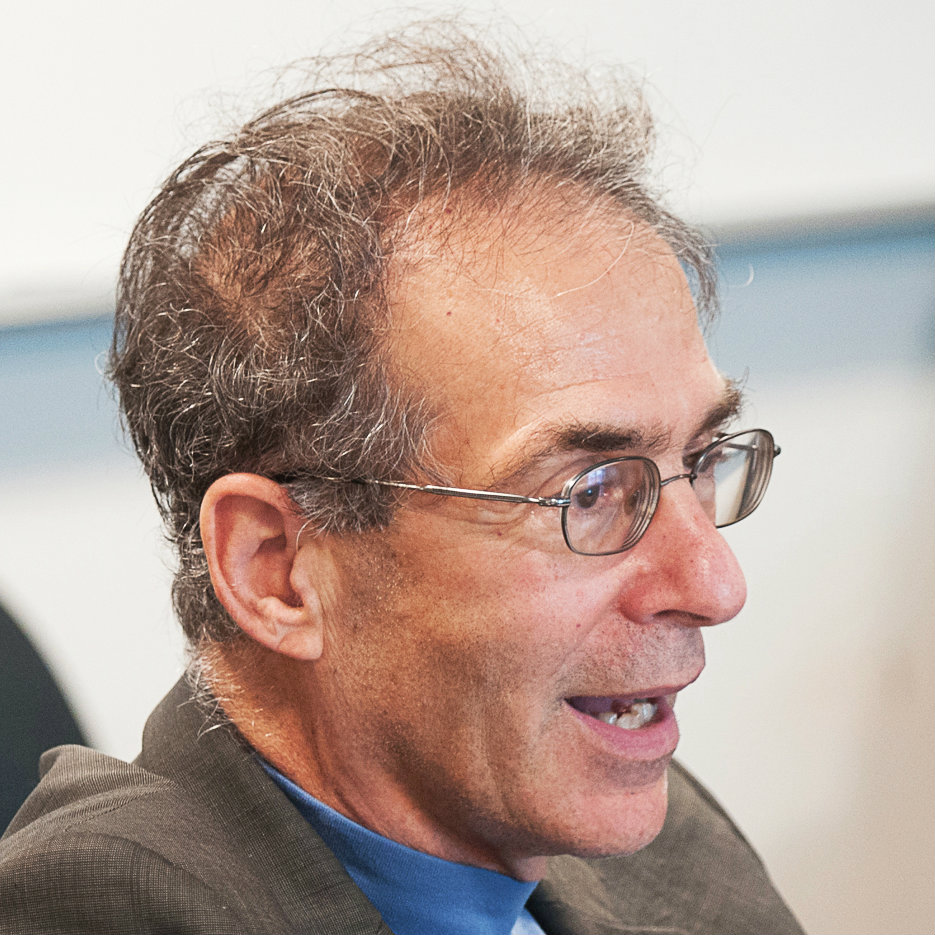
James W. Ceaser is Harry F. Byrd Professor of Politics at the University of Virginia, where he has taught since 1976, and a senior fellow at the Hoover Institution. He has written several books on American politics and political thought, including Presidential Selection and Liberal Democracy and Political Science.

Political Thought & Philosophy
James W. Ceaser is Harry F. Byrd Professor of Politics at the University of Virginia, where he has taught since 1976, and a senior fellow at the Hoover Institution. He has written several books on American politics and political thought, including Presidential Selection, Liberal Democracy and Political Science, Reconstructing America, and Nature and History in American Political Development. He has also coauthored a series on American national elections since 1992, the most recent of which is entitled After Hope and Change: The 2012 Elections and American Politics.
Professor Ceaser has been a Fulbright teacher at the University of Florence and the University of Basel. He has held visiting professorships at Oxford University, the University of Bordeaux, Harvard University, Princeton University, and the University of Rennes. Professor Ceaser is a presidential appointee to the National Historical Publications and Records Commission. He is a frequent contributor to the popular press, and he often comments on American politics for Voice of America.
Professor Ceaser received his doctorate from Harvard University in the field of American politics.
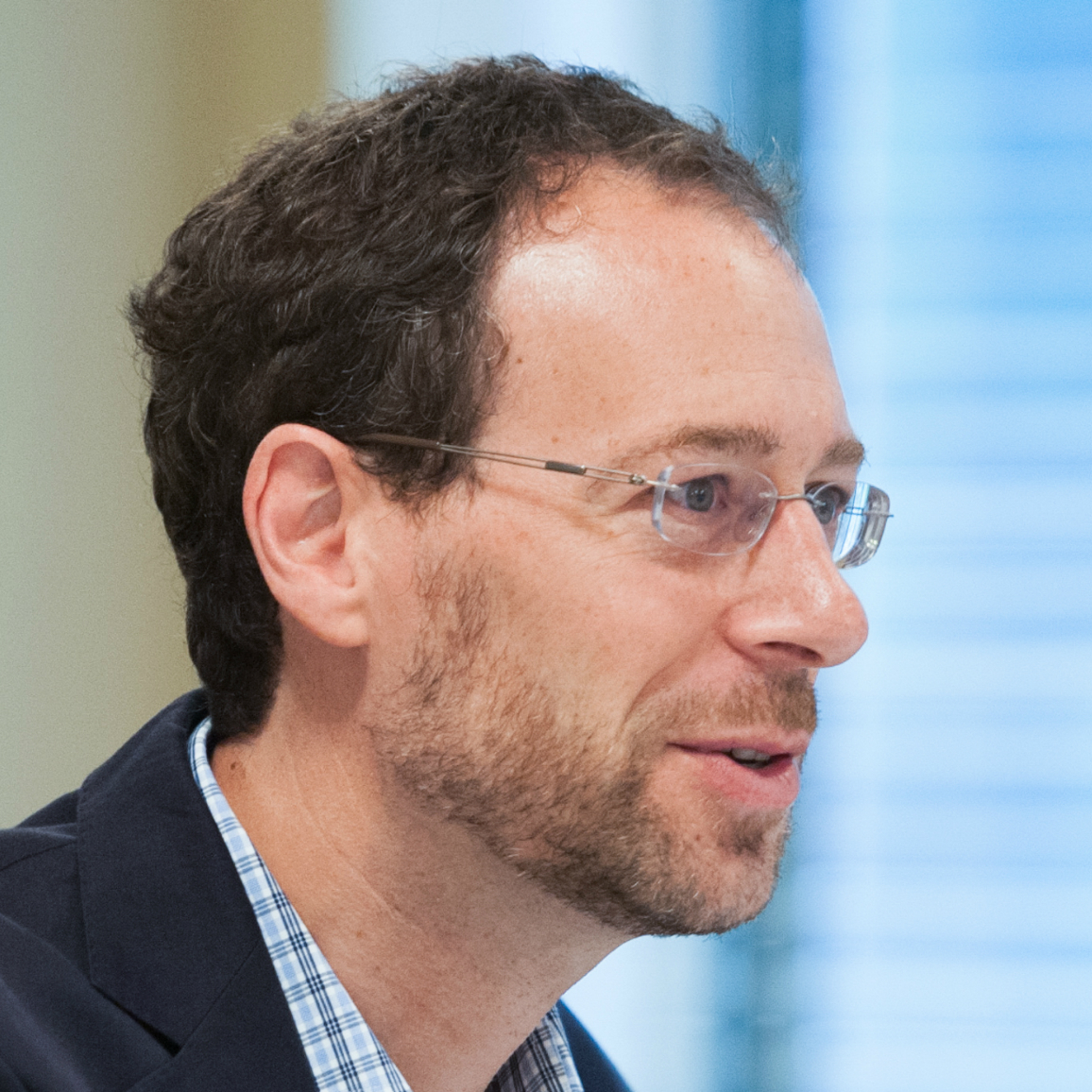
Bryan Garsten is Professor of Political Science at Yale University. He writes on questions about political rhetoric and deliberation, the meaning of representative government, the relationship of politics and religion, and the place of emotions in political life.

Political Thought & Philosophy
Bryan Garsten is Professor of Political Science and Chair of the Humanities Program at Yale University. He is the author of Saving Persuasion: A Defense of Rhetoric and Judgment (Harvard University Press, 2006), as well as articles and essays on questions about political rhetoric and deliberation, the meaning of representative government, the relationship of politics and religion, and the place of emotions in political life.
He is finishing a book called The Heart of a Heartless World that examines the ethical, political and religious core of early nineteenth-century liberalism in the United States and France. He has also edited Rousseau, the Age of Enlightenment, and Their Legacies (Princeton University Press, 2012), a collection of essays by the Rousseau scholar Robert Wokler. His writings have won various awards, including the First Book Prize of the Foundations of Political Theory section of the American Political Science Association.
He has served as Director of Undergraduate Studies for Yale’s major in Ethics, Politics and Economics and the Director of Graduate Studies for the Department of Political Science. In 2016 he founded the Citizens, Thinkers, Writers program for students in the New Haven public schools.

Ryan Patrick Hanley is Professor of Political Science at Boston College. His research in the history of political philosophy focuses on the Enlightenment. He is the author of Our Great Purpose: Adam Smith on Living a Better Life and Love’s Enlightenment: Rethinking Charity in Modernity.

Political Thought & Philosophy
Ryan Patrick Hanley is Professor of Political Science at Boston College. Previously, he was the Mellon Distinguished Professor of Political Science at Marquette University. His research in the history of political philosophy focuses on the Enlightenment.
He is the author of Our Great Purpose: Adam Smith on Living a Better Life (Princeton University Press, 2019), Love’s Enlightenment: Rethinking Charity in Modernity (Cambridge University Press, 2016), and Adam Smith and the Character of Virtue (Cambridge University Press, 2009). His edited volumes include Adam Smith: His Life, Thought, and Legacy (Princeton University Press, 2016), the Penguin Classics edition of Adam Smith’s Theory of Moral Sentiments (Penguin, 2010), and with Darrin M. McMahon, The Enlightenment: Critical Concepts in History, 5 vols. (Routledge, 2010).
His articles have appeared or are forthcoming in American Political Science Review, American Journal of Political Science, Journal of Politics, European Journal of Political Theory, Review of Politics, Social Philosophy & Policy, History of Political Thought, Journal of the History of Philosophy, Revue internationale de philosophie, and Archiv für Geschichte der Philosophie.
Professor Hanley received his B.A. from the University of Pennsylvania, his M.Phil. from Cambridge University, and his Ph.D. from the Committee on Social Thought at the University of Chicago. Prior to Marquette, he was a Mellon Postdoctoral Fellow at Yale University’s Whitney Humanities Center.
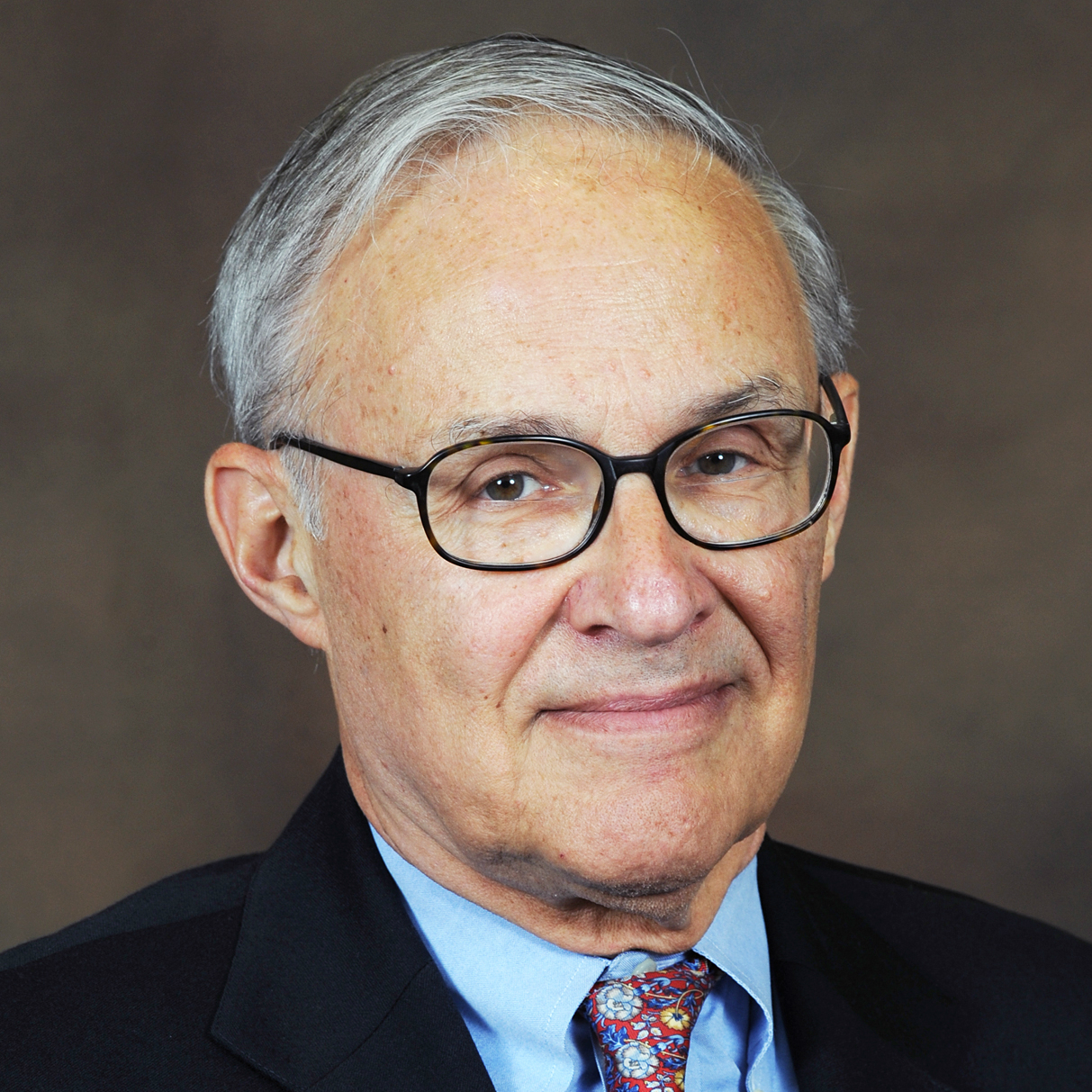
Leon R. Kass is Dean of the Faculty at Shalem College, Professor Emeritus in the Committee on Social Thought at the University of Chicago, and Scholar Emeritus at the American Enterprise Institute in Washington, DC. He was the chairman of the President’s Council on Bioethics from 2001 to 2005.

Political Thought & Philosophy
Leon R. Kass is Dean of the Faculty at Shalem College, Professor Emeritus in the Committee on Social Thought at the University of Chicago, and Scholar Emeritus at the American Enterprise Institute in Washington, DC. He was the chairman of the President’s Council on Bioethics from 2001 to 2005.
Originally trained in medicine and biochemistry, he shifted directions from doing science to thinking about its human meaning, and he has been engaged for forty years with ethical and philosophical issues raised by biomedical advancements, and, more recently, with broader moral and cultural issues. Dr. Kass taught at St. John’s College (Annapolis) and Georgetown University before returning in 1976 to the University of Chicago, where he was until 2010 an award-winning teacher deeply involved in undergraduate education and committed to the study of classic texts. With his late wife, Amy A. Kass, he helped found a still-popular core humanities course on Human Being and Citizen and a degree-granting major, Fundamentals: Issues and Texts, emphasizing big questions and great books.
His books include, most recently, Founding God’s Nation: Reading Exodus; Reading Ruth: Birth, Redemption, and the Way of Israel, as well as Toward A More Natural Science: Biology and Human Affairs; The Hungry Soul: Eating and the Perfecting of our Nature; Life, Liberty, and the Defense of Dignity: The Challenge for Bioethics; The Beginning of Wisdom: Reading Genesis; What So Proudly We Hail: The American Soul in Story, Speech, and Song; and Leading a Worthy Life: Finding Meaning in Modern Times. Along with coeditors Amy Kass and Diana Schaub, Dr. Kass developed the What So Proudly We Hail e-curriculum, including video discussions and curricula materials that demonstrate how short stories can be used to enhance our understanding of the Meaning of America and the American Calendar.
Dr. Kass served on the National Council on the Humanities of the National Endowment for the Humanities and delivered its Jefferson Lecture in 2009.
To learn more about Dr. Kass, visit Contemporary Thinkers: Leon Kass.
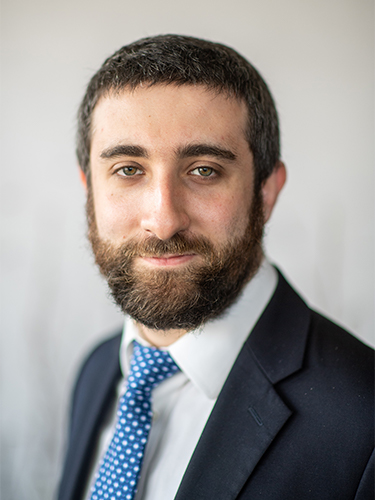
Charles Fain Lehman is a fellow at the Manhattan Institute, working primarily on the Policing and Public Safety Initiative, and a contributing editor of City Journal. His work on criminal justice, immigration, and social issues has appeared in the Wall Street Journal and Tablet, among other publications.

Political Thought & Philosophy
Charles Fain Lehman is a fellow at the Manhattan Institute, working primarily on the Policing and Public Safety Initiative, and a contributing editor of City Journal. He also hosts the podcast Institutionalized with cohost Aaron Sibarium.
Lehman was previously a staff writer with the Washington Free Beacon, where he covered domestic policy from a data-driven perspective. His work on criminal justice, immigration, and social issues has appeared in the Wall Street Journal, National Review Online, and Tablet, among other publications, and he is a contributing writer with the Institute for Family Studies. Originally from Pittsburgh, he now lives in the Maryland suburbs of Washington, D.C.

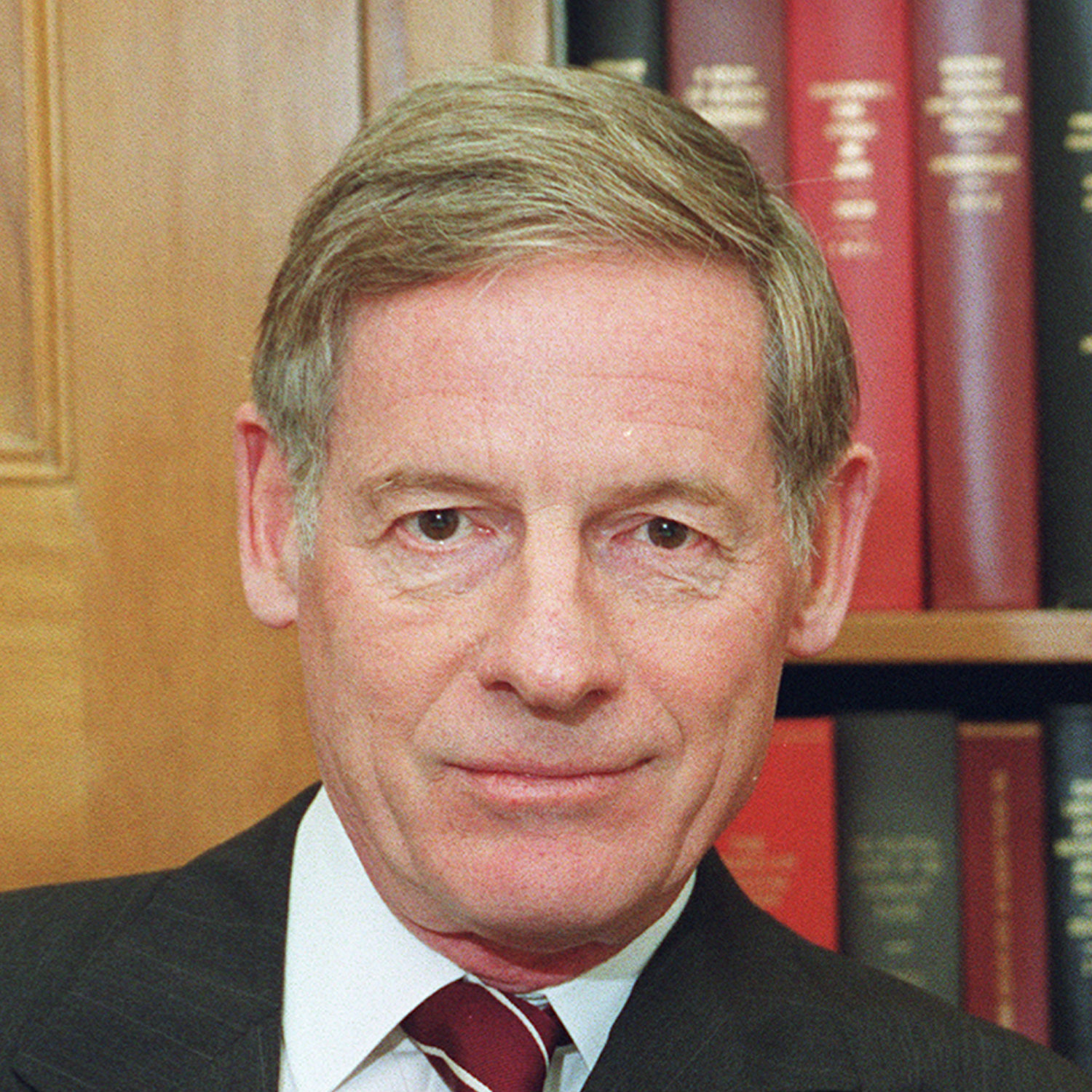
Harvey C. Mansfield is the William R. Kenan, Jr., Professor of Government at Harvard University. He was Chairman of the Government Department from 1973–1977, has held Guggenheim and NEH Fellowships, and has been a Fellow at the National Humanities Center.

Political Thought & Philosophy
Harvey C. Mansfield is the William R. Kenan, Jr., Professor of Government at Harvard University. He was Chairman of the Government Department from 1973–1977, has held Guggenheim and NEH Fellowships, and has been a Fellow at the National Humanities Center.
Mansfield’s first book, Statesmanship and Party Government: A Study of Burke and Bolingbroke, came out in 1965. Since then he has published thirteen more books including three translations of Machiavelli and a translation of Alexis de Tocqueville’s Democracy in America, which he co-translated with his late wife Delba Winthrop. Articles and political analysis by Mansfield frequently appear in periodicals such as the Weekly Standard, the Wall Street Journal, the New Republic, the National Review, and the Times Literary Supplement.
Mansfield’s numerous awards include a Guggenheim Fellowship and a National Humanities Medal. He won the Joseph R. Levenson award for his teaching at Harvard, received the Sidney Hook Memorial award from the National Association of Scholars, and in 2004 accepted a National Humanities Medal from the President. In 2007, he delivered the National Endowment for the Humanities’ Jefferson Lecture. He has hardly left Harvard since his first arrival in 1949, and has been on the faculty since 1962.
He has served as a member of the Council of the American Political Science Association and the National Council on the Humanities, as a fellow of the National Humanities Center, and as president of the New England Historical Association. He lives in Cambridge, Massachusetts.
To learn more about Professor Mansfield, visit Contemporary Thinkers: Harvey Mansfield.
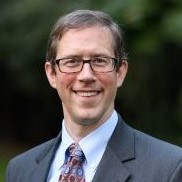
Thomas Merrill is an associate professor in the School of Public Affairs at American University. He is the author of Hume and the Politics of Enlightenment. He is also the co-editor of three edited volumes, including The Political Thought of the Civil War.

Political Thought & Philosophy
Thomas Merrill is an associate professor in the School of Public Affairs at American University. He is the author of Hume and the Politics of Enlightenment, which won the Delba Winthrop Prize for Best Recent Work in Political Philosophy. He is also the co-editor of three edited volumes, including The Political Thought of the Civil War and has held fellowships from Harvard, Princeton, and the American Enterprise Institute. He was a senior research analyst for the President’s Council on Bioethics during the George W. Bush administration and is the associate director of the Department of Government and, more recently, as department chair.
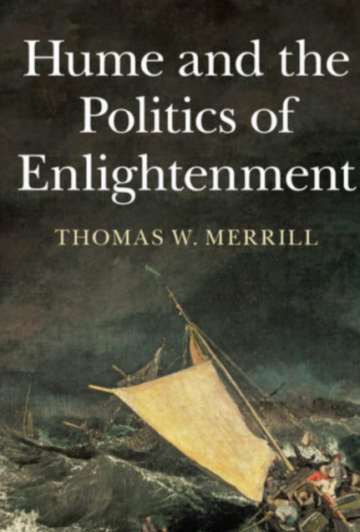
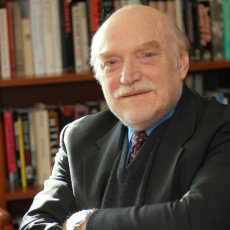
Walter Reich is the Yitzhak Rabin Memorial Professor of International Affairs, Ethics and Human Behavior, and Professor of Psychiatry and Behavioral Sciences at The George Washington University, and a former Director of the United States Holocaust Memorial Museum.

Political Thought & Philosophy
Walter Reich is the Yitzhak Rabin Memorial Professor of International Affairs, Ethics and Human Behavior, and Professor of Psychiatry and Behavioral Sciences at The George Washington University; a Senior Scholar at the Woodrow Wilson International Center for Scholars; and a former Director of the United States Holocaust Memorial Museum.
Dr. Reich is also a Lecturer in Psychiatry at Yale University; Professor of Psychiatry at the Uniformed Services University of the Health Sciences; and Contributing Editor of The Wilson Quarterly.
Dr. Reich has written and lectured widely on the Holocaust and genocide, terrrorism; human rights, national memory, the Israeli-Palestinian conflict; psychiatry, medical ethics and national and international affairs. He is the author of A Stranger in My House: Jews and Arabs in the West Bank (Holt), a co-author of State of the Struggle: Report on the Battle against Global Terrorism (Brookings Institution Press), and the editor of Origins of Terrorism: Psychologies, Ideologies, Theologies, States of Mind (Johns Hopkins University Press and Woodrow Wilson Center Press). His articles and essays have appeared in scholarly and scientific publications as well as in such newspapers and magazines as The New York Times, The Washington Post, The Los Angeles Times, The Wall Street Journal, The Atlantic Monthly, Harper’s, Commentary and The New Republic.
Dr. Reich has worked for the protection of human rights around the world since the early 1970s. He has been a Co-Chair of the Committee of Concerned Scientists since 1995; was the Chair of the Committee on Human Rights of the American Psychiatric Association (1995-98); and was a member of the Committee on Scientific Freedom and Responsibility of the American Association for the Advancement of Science (1985-91).
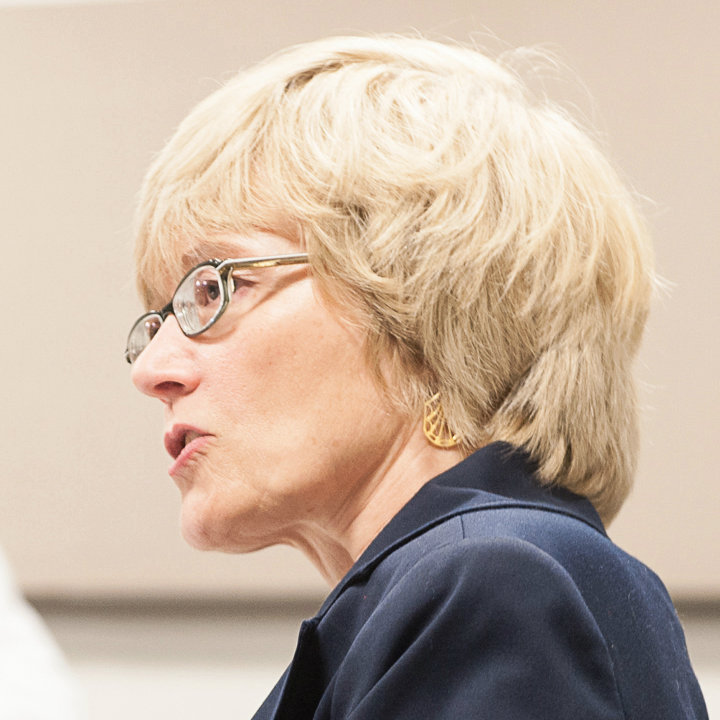
Diana Schaub is a nonresident senior fellow at the American Enterprise Institute (AEI), where her work is focused on American political thought and history, particularly Abraham Lincoln, Frederick Douglass, African American political thought, Montesquieu, and the relevance of core American ideals to contemporary challenges and debates. Concurrently, she is Professor Emerita of Political Science at Loyola University Maryland, where she taught for almost three decades.

Political Thought & Philosophy
Diana Schaub is a nonresident senior fellow at the American Enterprise Institute (AEI), where her work is focused on American political thought and history, particularly Abraham Lincoln, Frederick Douglass, African American political thought, Montesquieu, and the relevance of core American ideals to contemporary challenges and debates. Concurrently, she is Professor Emerita of Political Science at Loyola University Maryland, where she taught for almost three decades.
An expert in political philosophy, Dr. Schaub has lectured on a variety of topics and participated in conferences around the country. She has contributed chapters to multiple books on Shakespeare, liberal education, women, and religion, and she is the author of three books: His Greatest Speeches: How Lincoln Moved the Nation (St. Martin’s Press, 2021); What So Proudly We Hail: The American Soul in Story, Speech, and Song, coedited with Amy and Leon Kass (ISI Books, 2011); and Erotic Liberalism: Women and Revolution in Montesquieu’s “Persian Letters” (Rowman & Littlefield, 1995). Her monograph Emancipating the Mind: Lincoln, the Founders, and Scientific Progress (AEI, 2018) is based on her remarks at the 2018 Walter Berns Constitution Day Lecture.
Dr. Schaub has also been published in the popular press, including in the Baltimore Sun, the Claremont Review of Books, Commentary, and the Wall Street Journal.
Dr. Schaub has a PhD and an MA in political science from the University of Chicago. Her BA in political science is from Kenyon College.
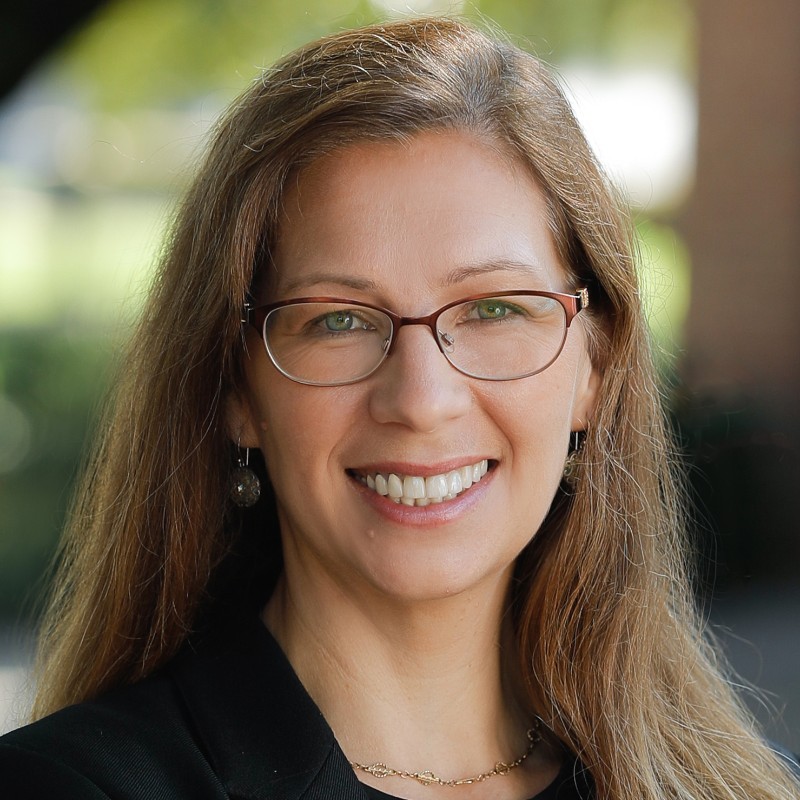
Jenna Silber Storey is a senior fellow in the Social, Cultural, and Constitutional Studies department at the American Enterprise Institute (AEI), and co-director of AEI’s Center for the Future of the American University. She is concurrently an SNF Agora Fellow at Johns Hopkins University, and a research fellow at the Civitas Institute at the University of Texas at Austin. She also serves on the executive committee of the Alliance for Civics in the Academy.

Political Thought & Philosophy
Jenna Silber Storey is a senior fellow in the Social, Cultural, and Constitutional Studies department at the American Enterprise Institute (AEI), and co-director of AEI’s Center for the Future of the American University. She is concurrently an SNF Agora Fellow at Johns Hopkins University, and a research fellow at the Civitas Institute at the University of Texas at Austin. She also serves on the executive committee of the Alliance for Civics in the Academy.
Dr. Storey’s work concentrates on liberal education, civic thought, and the relationship between the university and society. She has developed a series of initiatives in partnership with Johns Hopkins University to provide pathways for collaboration between JHU faculty and AEI scholars, to support ideologically heterodox students who aspire to careers in academia, and to host discussions to explore the emerging academic field of civic thought and practice.
Previously, Dr. Storey was assistant professor in politics and international affairs and the executive director of the Tocqueville Program at Furman University. In addition to Furman University, she has taught at the University of Chicago; the Buckley Program at Yale University; the Hertog Summer Studies Program in Washington, DC; and the Tikvah Fund in Princeton, New Jersey. Earlier she worked as executive assistant to the superintendent for the Boston University–Chelsea Schools partnership. She served as a board member of Veritas Preparatory School in Greenville, South Carolina, from 2019 to 2021, and now serves as a board member of the St. Jerome Institute in Washington, DC, the Center for Constitutional Liberty at Benedictine College, and the Honors College at Tulsa University.
Dr. Storey is the coauthor, with her husband, Benjamin Storey, of Why We Are Restless: On the Modern Quest for Contentment (Princeton University Press, 2021). Together, the Storeys are working on a book titled The Art of Choosing: How Liberal Education Should Prepare You for Life.
Dr. Storey’s work has been published in media outlets such as the New York Times, the Wall Street Journal, the Washington Post, National Affairs, Humanities, the Boston Globe, National Review, the Chronicle of Higher Education, Inside Higher Ed, American Purpose, Society, the New Atlantis, City Journal, the Claremont Review of Books, and First Things. She has lectured at institutions such as Oxford University, West Point, the City College of New York, American University, the University of Notre Dame, the Institute for Classical Education, and the American Council of Trustees and Alumni. She has also delivered papers at the American Political Science Association conference and other disciplinary conferences.
Dr. Storey has a PhD from the University of Chicago’s Committee on Social Thought and a BA from the University Professors Program at Boston University. She spent time in Germany as a visiting student at the University of Tübingen and as an exchange student at Dresden University.
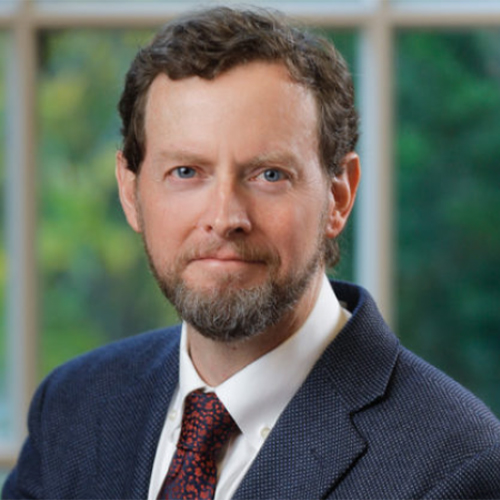
Benjamin Storey is a senior fellow in Social, Cultural, and Constitutional Studies at the American Enterprise Institute (AEI), and co-director of AEI’s Center for the Future of the American University. He is concurrently an SNF Agora Fellow at Johns Hopkins University and a research fellow at the Civitas Institute at the University of Texas at Austin.

Political Thought & Philosophy
Benjamin Storey is a senior fellow in Social, Cultural, and Constitutional Studies at the American Enterprise Institute (AEI), and co-director of AEI’s Center for the Future of the American University. He is concurrently an SNF Agora Fellow at Johns Hopkins University and a research fellow at the Civitas Institute at the University of Texas at Austin.
Prior to coming to AEI, Dr. Storey served as Jane Gage Hipp Professor of Politics and International Affairs at Furman University, where he taught for 17 years. He was the recipient of Furman’s highest award for undergraduate teaching, and the founding director of Furman’s Tocqueville Program.
Dr. Storey has been a visiting fellow at the James Madison Program in American Ideals and Institutions at Princeton University, and the recipient of a “Enduring Questions” Grant from the National Endowment for the Humanities. He has taught at the University of Chicago, and for the Hertog Political Studies Program, the Tikvah Fund, and the William F. Buckley, Jr. Program at Yale.
Dr. Storey is the coauthor, with his wife, Jenna Silber Storey, of Why We Are Restless: On the Modern Quest for Contentment (Princeton University Press, 2021). Together, the Storeys are working on a book titled, The Art of Choosing: How Liberal Education Should Prepare You for Life.
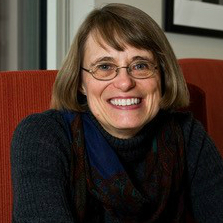
Vickie Sullivan is the Cornelia M. Jackson Professor of Political Science and teaches and studies political thought and philosophy. She also maintains teaching and research interests in politics and literature. She has published extensively on Montesquieu and Machiavelli and is the co-editor of Shakespeare’s Political Pageant.

Political Thought & Philosophy
Vickie Sullivan is the Cornelia M. Jackson Professor of Political Science and teaches and studies political thought and philosophy. She also maintains teaching and research interests in politics and literature.
She has published the monographs Montesquieu and the Despotic Ideas of Europe (2017); Machiavelli, Hobbes, and the Formation of a Liberal Republicanism in England (2004); and Machiavelli’s Three Romes: Religion, Human Liberty, and Politics Reformed (1996 and 2020). She is the editor of The Comedy and Tragedy of Machiavelli ; the co-editor of Shakespeare’s Political Pageant: Essays in Politics & Literature ; and the co-author of “Machiavelli’s Political Thought” in Oxford Bibliographies.
Her articles have appeared in The American Political Science Review, History of European Ideas, History of Political Thought, Political Theory, Polity, and Review of Politics.

Flagg Taylor is the Executive Director of the Center for Civics, Culture, & Society, at Miami University. His research specialty is in the history of political thought and American government, especially the question of executive power. He is Chair of the Academic Council of the Victims of Communism Memorial Foundation.

Political Thought & Philosophy
Flagg Taylor is the Executive Director of the Center for Civics, Culture, & Society, at Miami University. His research specialty is in the history of political thought and American government, especially the question of executive power. He is Chair of the Academic Council of the Victims of Communism Memorial Foundation.
He is the co-author of The Contested Removal Power, 1789-2010, author of numerous articles, and editor of The Great Lie: Classic and Recent Appraisals of Ideology and Totalitarianism and The Long Night of the Watchman: Essays by Václav Benda, 1977–1989. He holds a Ph.D. and an M.A. in political science from Fordham University and a B.A. from Kenyon College.

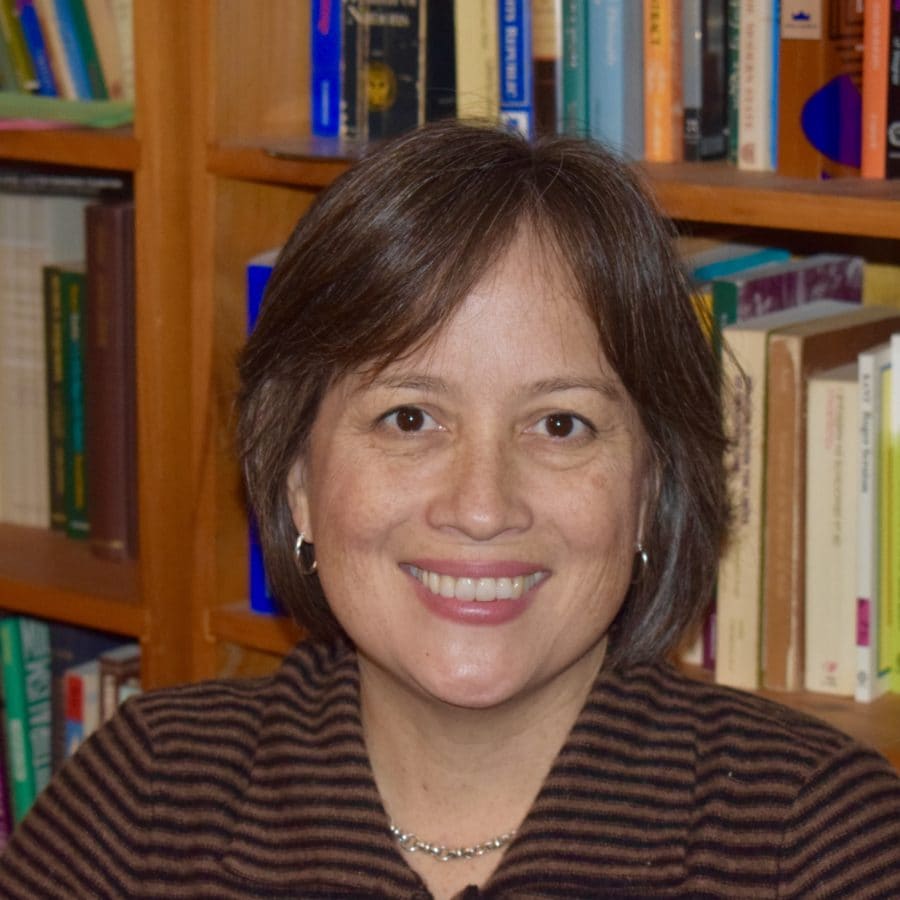
Dorothea Israel Wolfson is Managing Director of the Hertog Foundation. Previously, she was Director of the Master of Arts in Government Program at Johns Hopkins University. Her research and teaching interests center on democracy and civic engagement, American political thought, American politics, and family policy. She has published articles on Alexis de Tocqueville, Thomas Jefferson, Abigail Adams, and on John Locke and children’s literature.

Political Thought & Philosophy
Dorothea Israel Wolfson is Managing Director of the Hertog Foundation. Previously, she was Director of the Master of Arts in Government Program at Johns Hopkins University. Her research and teaching interests center on democracy and civic engagement, American political thought, American politics, and family policy. She has published articles on Alexis de Tocqueville, Thomas Jefferson, Abigail Adams, and on John Locke and children’s literature. She has collaborated on a book, Our Sacred Honor, with William J. Bennett, and her essays and reviews have appeared in The Claremont Review of Books, The American Interest, and Perspectives on Political Science. Before joining the Johns Hopkins program, she was a Policy Analyst at Empower America. She holds an A.B. from the University of Chicago in “Fundamentals: Issues and Texts” and a Ph.D. in Government from Cornell University. She lives in Kensington, Maryland, with her husband, Adam, and four children. In her free time, she likes to play tennis and do crossword puzzles.
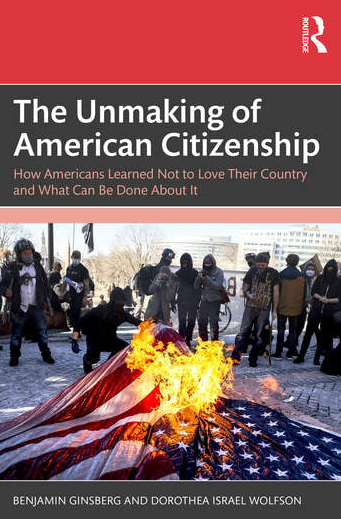

Elliott Abrams is the chairman of Tikvah, as well as chairman of the Vandenberg Coalition and senior fellow for Middle Eastern studies at the Council on Foreign Relations in Washington, D.C. He served as special assistant to the president and NSC senior director for the Near East and North Africa in the first term of George W. Bush, and as deputy assistant to the president and deputy national security advisor in the second term.

War & Foreign Affairs
Elliott Abrams is the chairman of Tikvah, as well as chairman of the Vandenberg Coalition and senior fellow for Middle Eastern studies at the Council on Foreign Relations in Washington, D.C. He served as special assistant to the president and NSC senior director for the Near East and North Africa in the first term of George W. Bush, and as deputy assistant to the president and deputy national security advisor in the second term. In the Trump administration, he served in the State Department as special representative for Iran and for Venezuela.
Abrams is the author of five books: Undue Process, Security and Sacrifice, Faith or Fear: How Jews Can Survive in a Christian America, Tested by Zion: The Bush Administration and the Israeli-Palestinian Conflict, and most recently Realism and Democracy: American Foreign Policy After the Arab Spring. He is the editor of three more, Close Calls: Intervention, Terrorism, Missile Defense and “Just War” Today; Honor Among Nations: Intangible Interests and Foreign Policy; and The Influence of Faith: Religious Groups and U.S. Foreign Policy.

Dan Blumenthal is a senior fellow at the American Enterprise Institute, where he focuses on East Asian security issues and Sino-American relations. Mr. Blumenthal has served in and advised the US government on China issues for more than a decade.

War & Foreign Affairs
Dan Blumenthal is a senior fellow at the American Enterprise Institute, where he focuses on East Asian security issues and Sino-American relations. Mr. Blumenthal has served in and advised the US government on China issues for more than a decade.
Before joining AEI, Mr. Blumenthal served as senior director for China, Taiwan, and Mongolia at the US Department of Defense. He served as a commissioner on the congressionally mandated US-China Economic and Security Review Commission from 2006 to 2012, and he was vice chairman of the commission in 2007. He also served on the Academic Advisory Board of the congressional US-China Working Group.
Mr. Blumenthal is the author of “The China Nightmare: The Grand Ambitions of a Decaying State” (AEI Press, November 2020) and coauthor of “An Awkward Embrace: The United States and China in the 21st Century” (AEI Press, November 2012).
He has testified before Congress and has been published in The Atlantic, Commentary, Foreign Policy, The Hill, Los Angeles Times, The National Interest, National Review, The New York Post, The New York Times, Newsweek, RealClearWorld, and The Wall Street Journal, among other outlets. His broadcast appearances include C-SPAN, Yahoo News, Bloomberg Radio, and many top-rated talk radio programs.
Mr. Blumenthal has a J.D. from Duke Law School, an M.A. from the School of Advanced International Studies at Johns Hopkins University, and a B.A. from Washington University in St. Louis. He also attended Capital Normal University in Beijing, China, where he focused on Chinese language studies.

Michael Doran, an expert in U.S. policy toward the Middle East, radical Islam, and the Arab-Israeli conflict, is a Senior Fellow at the Hudson Institute. He has also held a number of senior U.S. government posts related to Middle East policy and strategic communication.

War & Foreign Affairs
Michael Doran is a Senior Fellow at the Hudson Institute in Washington, DC. He specializes in Middle East security issues.
In the administration of President George W. Bush, Doran served in the White House as a senior director in the National Security Council, where he was responsible for helping to devise and coordinate United States strategies on a variety of Middle East issues, including Arab-Israeli relations and U.S. efforts to contain Iran and Syria. He also served in the Bush administration as a senior advisor in the State Department and a deputy assistant secretary of defense in the Pentagon.
Before coming to Hudson, Doran was a Senior Fellow at the Brookings Institution. He has also held teaching positions at NYU, Princeton, and the University of Central Florida. He is the author of Pan-Arabism before Nasser, which analyzes the first Arab-Israeli war as an inter-Arab conflict, and Ike’s Gamble: America’s Rise to Dominance in the Middle East, about President Eisenhower and the Middle East. He appears frequently on television, and has published extensively in Foreign Affairs, The American Interest, Commentary, Mosaic Magazine, The Wall Street Journal, The Washington Post, and The New York Times.
Born in Kokomo, Indiana, Doran went to elementary school in Carmel, outside of Indianapolis, before his family moved to Fullerton, California, where he graduated from Sunny Hills High School. He received a B.A. from Stanford and an M.A. and Ph.D. in Near Eastern Studies from Princeton.
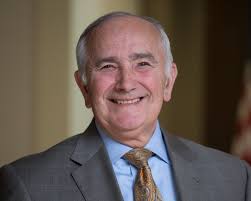
LTG James M. Dubik (U.S. Army, Ret.) is a Senior Fellow at the Institute for the Study of War and a Professor at Georgetown University’s Security Studies Program. General Dubik has extensive operational experience in Iraq, Afghanistan, Japan, Korea, Thailand, Bosnia, Haiti, Panama, and in many NATO countries.

War & Foreign Affairs
LTG James M. Dubik (U.S. Army, Ret.) is a Senior Fellow at the Institute for the Study of War and a Professor at Georgetown University’s Security Studies Program. General Dubik has extensive operational experience in Iraq, Afghanistan, Japan, Korea, Thailand, Bosnia, Haiti, Panama, Honduras, and in many NATO countries.
His last job on active duty was as Commanding General of the Multinational Security Transition Command-Iraq (MNSTC-I) and the NATO Training Mission-Iraq during the Surge of 2007–2008. He is a member of the U.S. Army Ranger Hall of Fame and a distinguished member of the U.S. Army 75th Ranger Regiment.
General Dubik taught Philosophy at West Point and Campaign Theory and Practice at the U.S. Army School of Advanced Military Studies, Fort Leavenworth, Kansas. He has completed an MIT fellowship program for national security studies as well as executive programs in national security at Harvard’s JFK School of Government and Syracuse University’s Maxwell School of Citizenship and Public Affairs. He is the author, most recently, of Just War Reconsidered: Strategy, Ethics, and Theory.
He holds a Bachelor’s Degree in Philosophy from Gannon University, Erie, Pennsylvania; a Masters in Military Arts and Sciences from the Army Command and General Staff College, Fort Leavenworth, Kansas; and a Ph.D. in Philosophy from the Johns Hopkins University.
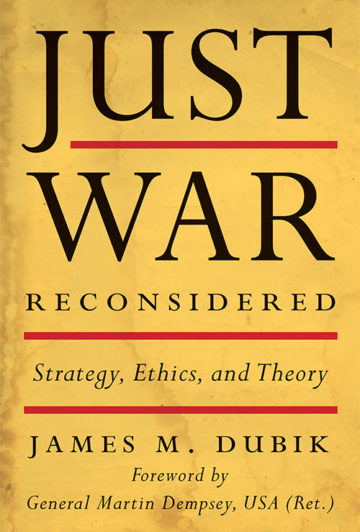
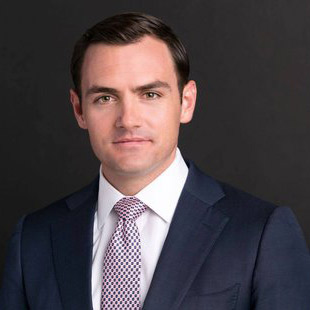
Mike Gallagher served for four terms in the U.S. House of Representatives as Wisconsin’s 8th Congressional District representative. Previously, he served seven years on active duty in the U.S. Marine Corps, including two deployments to Iraq.

War & Foreign Affairs
Mike Gallagher served for four terms in the U.S. House of Representatives as Wisconsin’s 8th Congressional District representative. Previously, he served seven years on active duty in the U.S. Marine Corps, including two deployments to Iraq. He also was the lead Republican staffer for the Middle East and Counterterrorism on the Senate Foreign Relations Committee and worked in the private sector at an energy and supply chain management company in Green Bay.
Mr. Gallagher was the honor graduate from The Basic School, the Marine Corps CI/HUMINT Basic Course, as well as the MAGTF Intelligence Officers Course. He earned a Ph.D. in International Relations from Georgetown University. He also earned a Master’s degree in Security Studies with honors from Georgetown and a Master’s of Science in Strategic Intelligence from National Intelligence University. He earned his Bachelor’s degree from Princeton University with a focus on Near Eastern Studies and Arabic.
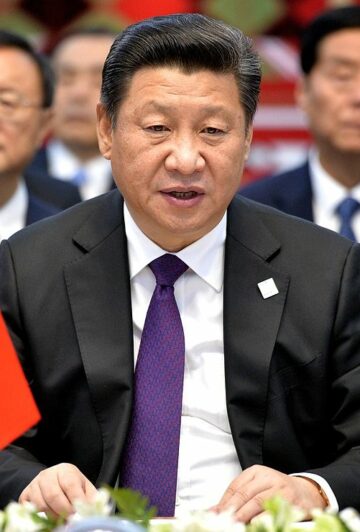
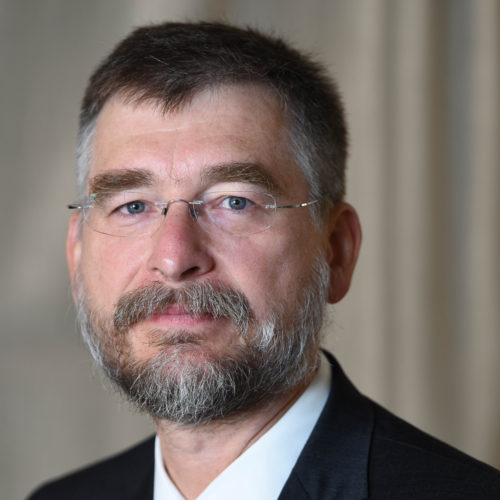
Jakub Grygiel is an Associate Professor at the Catholic University of America. From 2017–18, he was a member of the Policy Planning Staff at the U.S. Department of State. His most recent book is Return of the Barbarians: Confronting Non-State Actors from Ancient Rome to the Present.

War & Foreign Affairs
Jakub Grygiel is an Associate Professor at the Catholic University of America. From 2017–2018, he was a senior advisor to the Secretary of State in the Office of Policy Planning working on European affairs.
Previously, he was a Senior Fellow at the Center for European Policy Analysis and on the faculty of SAIS-Johns Hopkins University. He has previously worked as a consultant for the OECD in Paris and the World Bank in Washington.
His most recent book is Return of the Barbarians: Confronting Non-State Actors from Ancient Rome to the Present. He is coauthor of The Unquiet Frontier: Rising Rivals, Vulnerable Allies, and the Crisis of American Power (with A. Wess Mitchell) and also the author of Great Powers and Geopolitical Change. His writings on international relations and security studies have appeared in The American Interest, Journal of Strategic Studies, Orbis, Commentary, Joint Forces Quarterly, Political Science Quarterly, as well as U.S., Swiss, Polish and Italian newspapers. He earned a Ph.D., M.A. and an MPA from Princeton University, and a BSFS Summa Cum Laude from Georgetown University.

Frederick W. Kagan is a Senior Instructor with the Hertog War Studies Program at the Institute for the Study of War. The author of the 2007 report “Choosing Victory: A Plan for Success in Iraq,” he is one of the intellectual architects of the successful “surge” strategy in Iraq. He is the Director of AEI’s Critical Threats Project.

War & Foreign Affairs
Frederick W. Kagan is a Senior Instructor with the Hertog War Studies Program at the Institute for the Study of War. The author of the 2007 report “Choosing Victory: A Plan for Success in Iraq,” he is one of the intellectual architects of the successful “surge” strategy in Iraq. He is the Robert H. Malott Chair and Director of the Critical Threats Project at the American Enterprise Institute (AEI).
In 2009, he served in Kabul, Afghanistan, as part of General Stanley McChrystal’s strategic assessment team, and he returned to Afghanistan in 2010, 2011, and 2012 to conduct research for Generals David Petraeus and John Allen. In July 2011, Chairman of the Joint Chiefs of Staff Admiral Mike Mullen awarded him the Distinguished Public Service Award, the highest honor the Chairman can present to civilians who do not work for the Department of Defense, for his volunteer service in Afghanistan.
He is coauthor of the report Defining Success in Afghanistan (AEI and the Institute for the Study of War, 2010) and author of the series of reports Choosing Victory (AEI), which recommended and monitored the US military surge in Iraq. His most recent book is Lessons for a Long War: How America Can Win on New Battlefields (AEI Press, 2010, with Thomas Donnelly). Previously an associate professor of military history at West Point, Dr. Kagan is a contributing editor at the Weekly Standard and has written for Foreign Affairs, the Wall Street Journal, the Washington Post, the Los Angeles Times, and other periodicals.
He holds a Ph.D. from Yale University in Russian and Soviet military history.
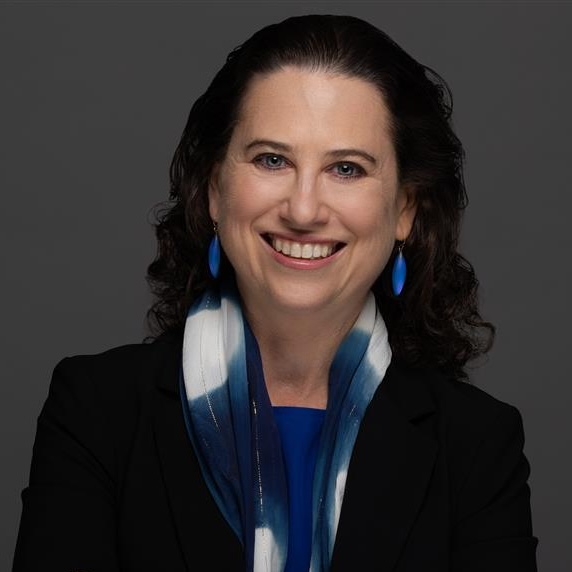
Kimberly Kagan is a Senior Instructor with the Hertog War Studies Program and founder and president of the Institute for the Study of War. She is a military historian who has taught at the U.S. Military Academy at West Point, Yale, Georgetown, and American University.

War & Foreign Affairs
Kimberly Kagan is a Senior Instructor with the Hertog War Studies Program and founder and president of the Institute for the Study of War. She is a military historian who has taught at the U.S. Military Academy at West Point, Yale, Georgetown, and American University.
Dr. Kagan served in Kabul for seventeen months from 2010 to 2012 working for commanders of the International Security Assistance Force, General David H. Petraeus and subsequently General John Allen. Admiral Mike Mullen, as Chairman of the Joint Chiefs of Staff, recognized Dr. Kagan for this deployment as a volunteer with the Distinguished Public Service Award, the highest honor the Chairman can present to civilians who do not work for the Department of Defense.
Dr. Kagan previously served as a member of General Stanley McChrystal’s strategic assessment team, comprised of civilian experts, during his campaign review in June and July 2009. She conducted many regular battlefield circulations of Iraq between May 2007 and April 2010 while General Petraeus and General Raymond T. Odierno served as the MNF-I Commanding General.
Dr. Kagan held an Olin Postdoctoral Fellowship in Military History at Yale International Security Studies in 2004 to 2005 and was a National Security Fellow at Harvard’s Olin Institute for Strategic Studies in 2002 to 2003. She received her B.A. in Classical Civilization and her Ph.D. in History from Yale University.
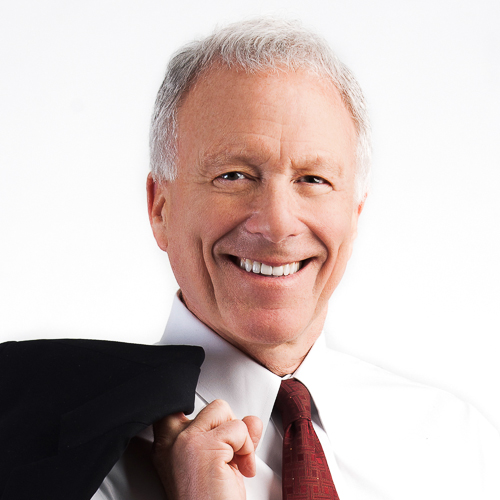
Lewis “Scooter” Libby is a distinguished fellow at the Foundation for Defense of Democracies. He has held several high level positions in the federal government related to his current work on national security and homeland security affairs. This included roughly a dozen years working in the White House, the U.S. Department of Defense, and the U.S. Department of State.

War & Foreign Affairs
Lewis “Scooter” Libby is a distinguished fellow at the Foundation for Defense of Democracies. He has held several high level positions in the federal government related to his current work on national security and homeland security affairs. This included roughly a dozen years working in the White House, the U.S. Department of Defense, and the U.S. Department of State.
From 2001 to 2005, Libby served as Chief of Staff to Vice President Richard B. Cheney, Assistant to the Vice President for National Security Affairs, and Assistant to the President. In these roles he attended nearly all National Security Council and Homeland Security Council meetings and participated in numerous high level meetings, at home and abroad, with foreign government and U.S. officials. From 1998-99, Libby served as the Legal Advisor to the U.S. House of Representatives’ Select Committee on U.S. National Security and Military/Commercial Concerns with the Peoples’ Republic of China, commonly known as the “Cox Committee.” From 1989 to 1993, during the George H. W. Bush administration, Libby served in the United States Department of Defense as Principal Deputy Under Secretary (Strategy and Resources), and later was confirmed by the U.S. Senate as Deputy Under Secretary of Defense for Policy.
Prior to joining the George W. Bush administration, Libby served as the managing partner of the Washington office of the international law firm Dechert. He was a member of the firm’s litigation department and chaired the Washington office’s Public Policy Practice Group. He also served as the Managing Partner of the Washington Office of the law firm, Mudge, Rose, Guthrie, Alexander & Ferdon.
In 1993, Libby was awarded the Department of Defense Distinguished Service Award and the Department of the Navy Distinguished Public Service Award. He received the Department of State’s Foreign Affairs Award for Public Service in 1985.
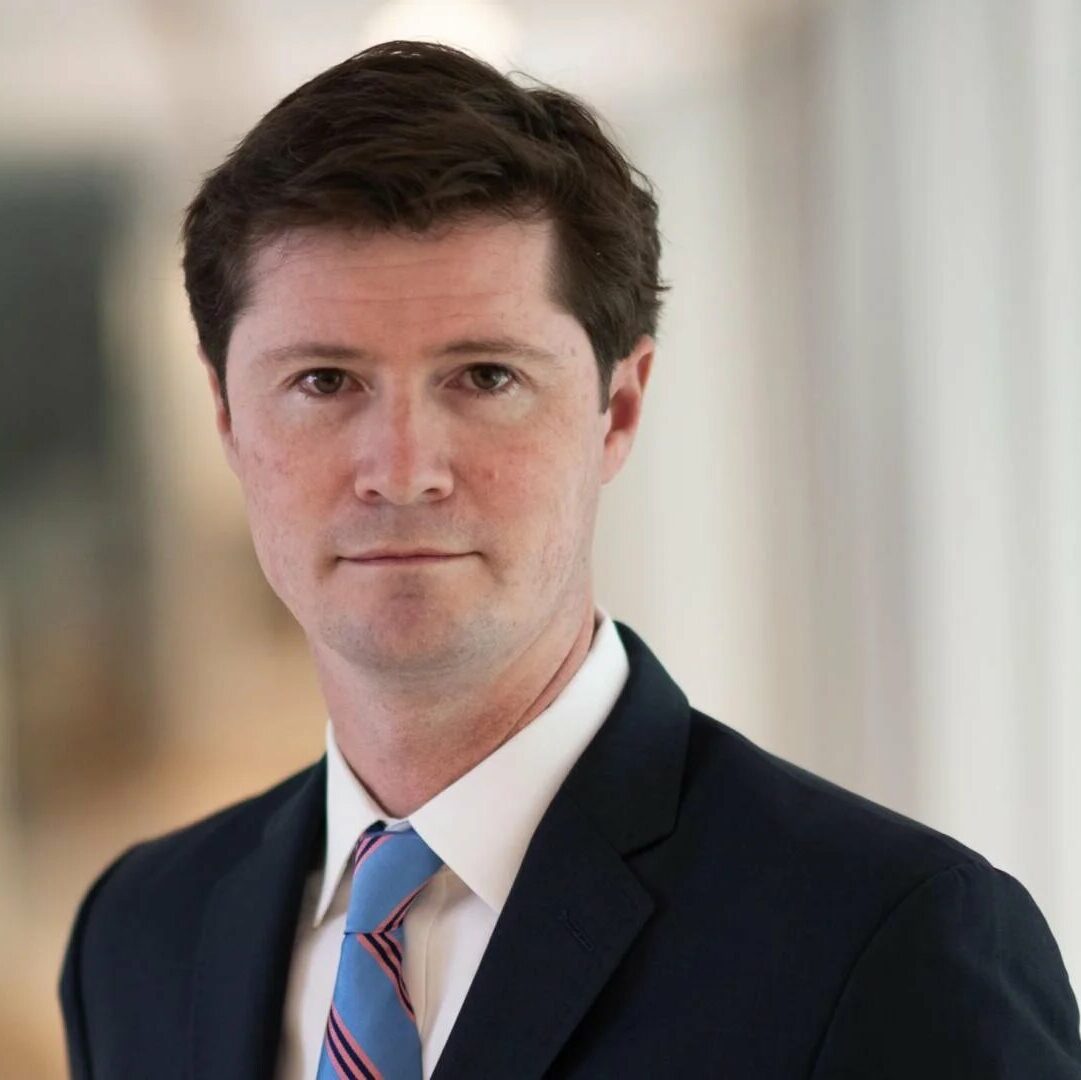
Aaron MacLean is a senior fellow at Hudson Institute and the host of the School of War podcast. Previously, he was senior foreign policy advisor and legislative director to Senator Tom Cotton of Arkansas. Aaron served on active duty as a U.S. Marine for seven years, deploying to Afghanistan as an infantry officer in 2009–2010.

War & Foreign Affairs
Aaron MacLean is a senior fellow at Hudson Institute and the host of the School of War podcast.
Previously, Mr. MacLean was senior foreign policy advisor and legislative director to Senator Tom Cotton (R-AR). He served on active duty as a United States Marine for seven years, deploying to Afghanistan as an infantry officer in 2009–10. Following his time in the operating forces, he was assigned to the faculty of the US Naval Academy, where he was the 2013 recipient of the Apgar Award for Excellence in Teaching.
Mr. MacLean received a B.A. in philosophy and the history of math and science from St. John’s College, Annapolis, and an M.Phil. (Dist.) in medieval Arabic thought from the University of Oxford. He has been a Boren Scholar and a Marshall Scholar and lives in Virginia, where he was born.
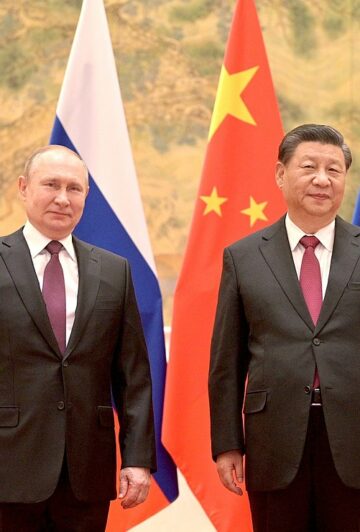
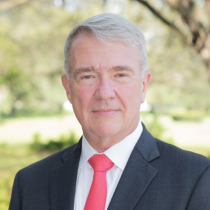
Gen. Kenneth ‘Frank’ McKenzie Jr. is the former Commander of United States Central Command. He led a distinguished 42-year military career, commanding at multiple levels within the Marine Corps and serving on the Joint Staff. His leadership roles included commanding the First Battalion, Sixth Marines, and the 22nd MEU (SOC) during combat deployments to Afghanistan and Iraq.

War & Foreign Affairs
Gen. Kenneth ‘Frank’ McKenzie Jr. is the former Commander of United States Central Command. He led a distinguished 42-year military career, commanding at multiple levels within the Marine Corps and serving on the Joint Staff. His leadership roles included commanding the First Battalion, Sixth Marines, and the 22nd MEU (SOC) during combat deployments to Afghanistan and Iraq. As a Brigadier General, he contributed to wartime administration transitions and later helped shape strategic policies for the U.S. Central Command and the Marine Corps. Promoted to General in 2019, McKenzie took command of CENTCOM, a role he held until his retirement from the Marine Corps in April 2022.
General McKenzie currently serves as the Executive Director of the University of South Florida’s Global and National Security Institute and Executive Director of the Florida Center for Cybersecurity, also known as Cyber Florida.

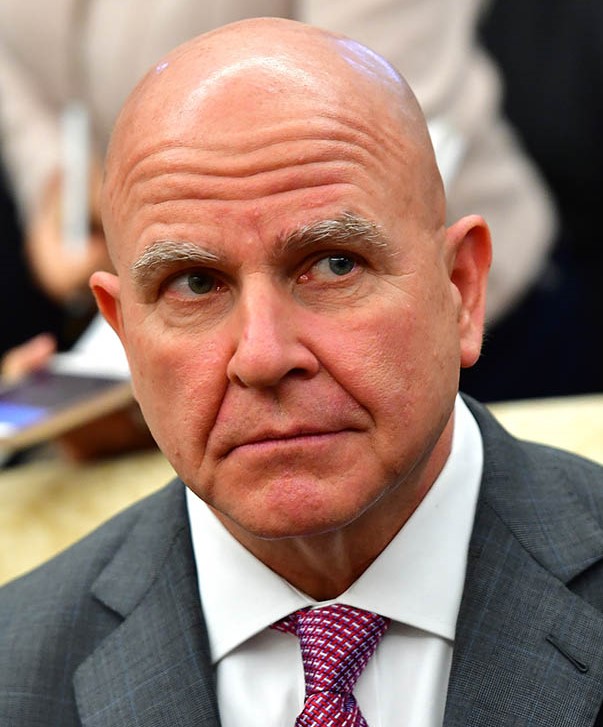
H. R. McMaster is the Fouad and Michelle Ajami Senior Fellow at the Hoover Institution, Stanford University. Previously, he served as the 26th assistant to the president for National Security Affairs and as a commissioned officer in the United States Army for 34 years before retiring as a Lieutenant General. He is author of Battlegrounds: The Fight to Defend the Free World.

War & Foreign Affairs
H. R. McMaster is the Fouad and Michelle Ajami Senior Fellow at the Hoover Institution, Stanford University. He is also the Bernard and Susan Liautaud Fellow at the Freeman Spogli Institute and lecturer at Stanford University’s Graduate School of Business. He was the 26th assistant to the president for National Security Affairs. Upon graduation from the United States Military Academy in 1984, McMaster served as a commissioned officer in the United States Army for 34 years before retiring as a Lieutenant General in June 2018.
From 2014 to 2017 McMaster designed the future army as the director of the Army Capabilities Integration Center and the deputy commanding general of the US Army Training and Doctrine Command (TRADOC). As commanding general of the Maneuver Center of Excellence at Fort Benning, he oversaw all training and education for the army’s infantry, armor, and cavalry force. His has extensive experience leading soldiers and organizations in wartime including Commander, Combined Joint Inter-Agency Task Force—Shafafiyat in Kabul, Afghanistan from 2010 to 2012; Commander, 3rd Armored Cavalry Regiment in Iraq from 2005 to 2006; and Commander, Eagle Troop, 2nd Armored Cavalry Regiment in Operation Desert Storm from 1990 to 1991. McMaster also served overseas as advisor to the most senior commanders in the Middle East, Iraq, and Afghanistan.
McMaster holds a PhD in military history from the University of North Carolina at Chapel Hill. He was an assistant professor of history at the United States Military Academy from 1994 to 1996. He is author of Battlegrounds: The Fight to Defend the Free World and the award-winning Dereliction of Duty: Lyndon Johnson, Robert McNamara, the Joint Chiefs of Staff and the Lies that Led to Vietnam. He was a contributing editor for Survival: Global Politics and Strategy from 2010 to 2017. His many essays, articles, and book reviews on leadership, history, and the future of warfare have appeared in The Atlantic, Foreign Affairs, Survival, the Wall Street Journal, and the New York Times.
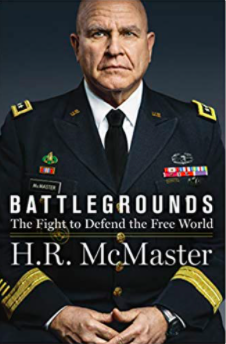

Vance Serchuk is Executive Director of the KKR Global Institute and an Adjunct Senior Fellow at the Center for a New American Security. Prior to joining KKR, Mr. Serchuk served for six years as the senior national security advisor to Senator Joseph Lieberman (I-Connecticut).

War & Foreign Affairs
Vance Serchuk is Executive Director of the KKR Global Institute and an Adjunct Senior Fellow at the Center for a New American Security.
Prior to joining KKR, Mr. Serchuk served for six years as the senior national security advisor to Senator Joseph Lieberman (I-Connecticut). In this capacity, he worked on a broad range of international issues, including comprehensive sanctions legislation, the U.S. rebalance to the Asia-Pacific, and the U.S. response to the Arab Spring, traveling to over 60 countries in Asia, Latin America, Africa, and the Middle East.
From January to July 2013, he was a Council on Foreign Relations-Hitachi International Affairs Fellow, based in Japan, and a regular columnist for the Washington Post. His writings have also appeared in the New York Times, Wall Street Journal, and Los Angeles Times.
Mr. Serchuk is a summa cum laude graduate of Princeton University, holds a J.D. from Yale Law School, and was a Fulbright scholar in the Russian Federation.
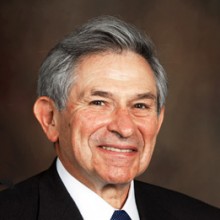
Paul Wolfowitz is a scholar at the American Enterprise Institute. He spent more than three decades in public service and higher education. Most recently, he served as president of the World Bank and deputy secretary of defense.

War & Foreign Affairs
Paul Wolfowitz is a visiting scholar at the American Enterprise Institute where he works on development and national security issues.
Before joining AEI, Mr. Wolfowitz spent more than three decades in public service and higher education, working in the administrations of seven different presidents. Most recently, he served as president of the World Bank and deputy secretary of defense. At the World Bank he focused on the problem of corruption and the challenges of sub-Saharan Africa. As ambassador to Indonesia and assistant secretary of state for East Asia in the Reagan administration, Mr. Wolfowitz was an advocate of reform and political openness. He was involved in Persian Gulf security for almost 30 years during three different tours at the Department of Defense.
Mr. Wolfowitz has a Ph.D. in political science from the University of Chicago and a B.A. in mathematics from Cornell University.
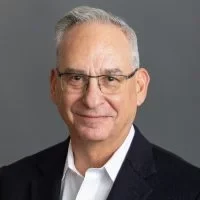
Randy E. Barnett is the Patrick Hotung Professor of Constitutional Law at the Georgetown University Law Center. After graduating from Northwestern University and Harvard Law School, he tried many felony cases as a prosecutor in the Cook County States’ Attorney’s Office in Chicago. In 2004, he argued the medical marijuana case of Gonzalez v. Raich before the U.S. Supreme Court. In 2012, he was one of the lawyers representing the National Federation of Independent Business in its constitutional challenge to the Affordable Care Act in NFIB v. Sebelius.

Economics & Domestic Policy
Randy E. Barnett is the Patrick Hotung Professor of Constitutional Law at the Georgetown University Law Center and is the Faculty Director of the Georgetown Center for the Constitution. After graduating from Northwestern University and Harvard Law School, he tried many felony cases as a prosecutor in the Cook County States’ Attorney’s Office in Chicago. In 2004, he argued the medical marijuana case of Gonzalez v. Raich before the U.S. Supreme Court. In 2012, he was one of the lawyers representing the National Federation of Independent Business in its constitutional challenge to the Affordable Care Act in NFIB v. Sebelius.
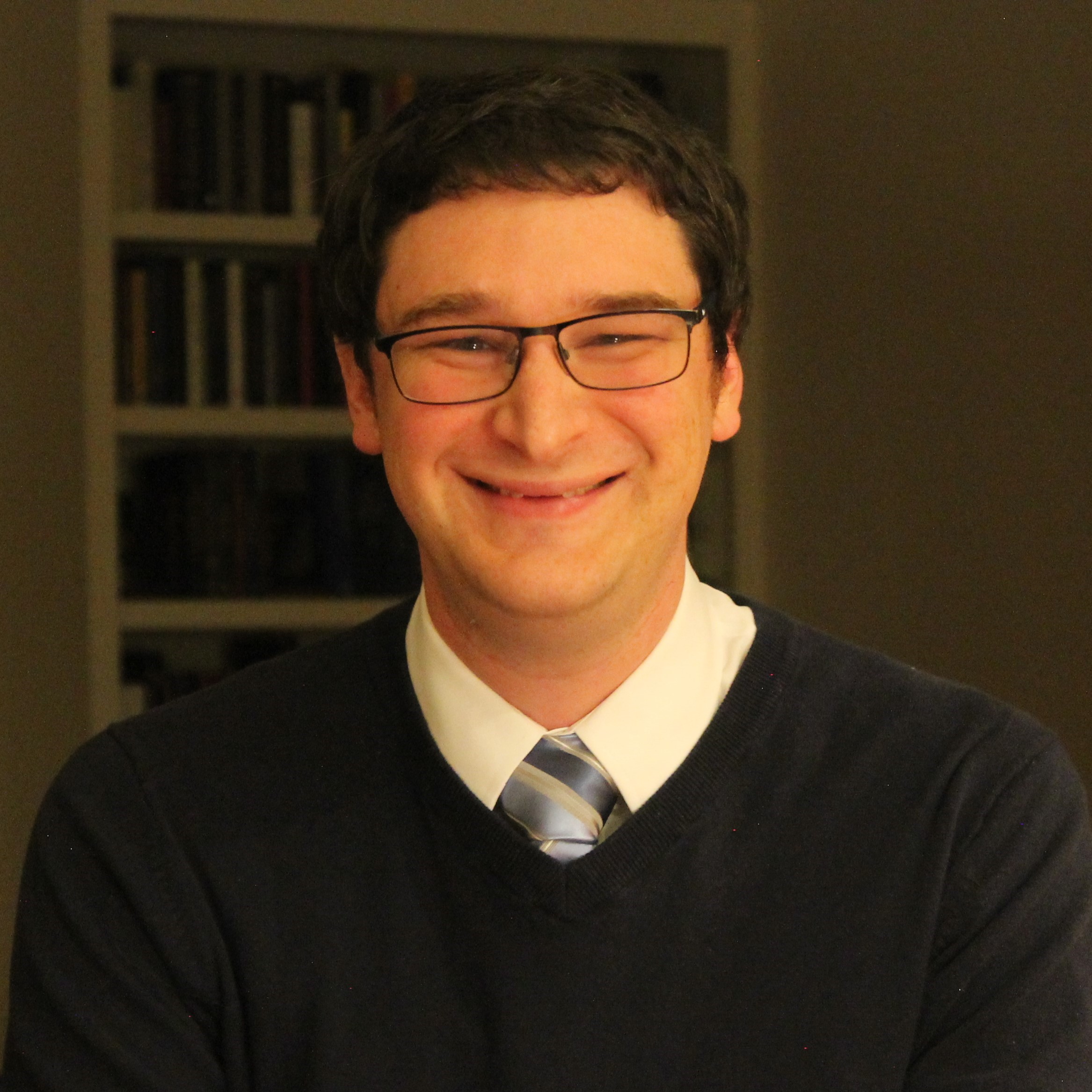
Patrick T. Brown is a fellow at the Ethics and Public Policy Center, where his work focuses on developing a robust pro-family economic agenda and supporting families as the cornerstone of a healthy and flourishing society. Prior to joining EPPC, Patrick served as a Senior Policy Advisor to Congress’ Joint Economic Committee (JEC).

Economics & Domestic Policy
Patrick T. Brown is a fellow at the Ethics and Public Policy Center, where his work focuses on developing a robust pro-family economic agenda and supporting families as the cornerstone of a healthy and flourishing society.
His writing has been published in The New York Times, National Review, Politico, The Washington Post, and USA Today, and he has spoken on college campuses and Capitol Hill on topics from welfare reform to child care and education policy.
He has published reports on paid leave and family policy with the Institute for Family Studies, and edited an essay series featuring working-class voices for American Compass. He is an advisory board member of Humanity Forward and the Center on Child and Family Policy, and a contributing editor to Public Discourse.
Prior to joining EPPC, Patrick served as a Senior Policy Advisor to Congress’ Joint Economic Committee (JEC). There, he helped lead research about how to make it more affordable to raise a family and more effectively invest in youth and young adults. He also previously worked a government relations staffer for Catholic Charities USA.
Patrick graduated from the University of Notre Dame with a degree in political science and economics. He also holds a Master’s in Public Affairs from Princeton University’s Woodrow Wilson School of Public and International Affairs. He and his wife Jessica have three young children and live in Columbia, S.C.
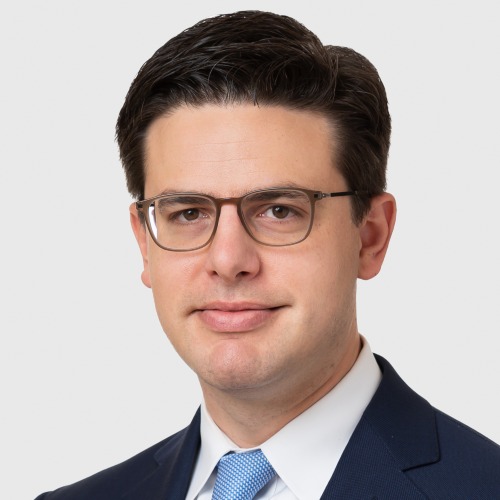
Matthew Continetti is the director of domestic policy studies and the inaugural Patrick and Charlene Neal Chair in American Prosperity at the American Enterprise Institute (AEI), where his work is focused on American political thought and history, with a particular focus on the development of the Republican Party and the American conservative movement in the 20th century.

Economics & Domestic Policy
Matthew Continetti is the director of domestic policy studies and the inaugural Patrick and Charlene Neal Chair in American Prosperity at the American Enterprise Institute (AEI), where his work is focused on American political thought and history, with a particular focus on the development of the Republican Party and the American conservative movement in the 20th century.
A prominent journalist, analyst, author, and intellectual historian of the right, Mr. Continetti was the founding editor and the editor in chief of The Washington Free Beacon. Previously, he was opinion editor at The Weekly Standard.
Mr. Continetti is the author of three books, including, most recently, The Right: The Hundred-Year War for American Conservatism (Basic Books, 2022).
He has a B.A. in history from Columbia University.
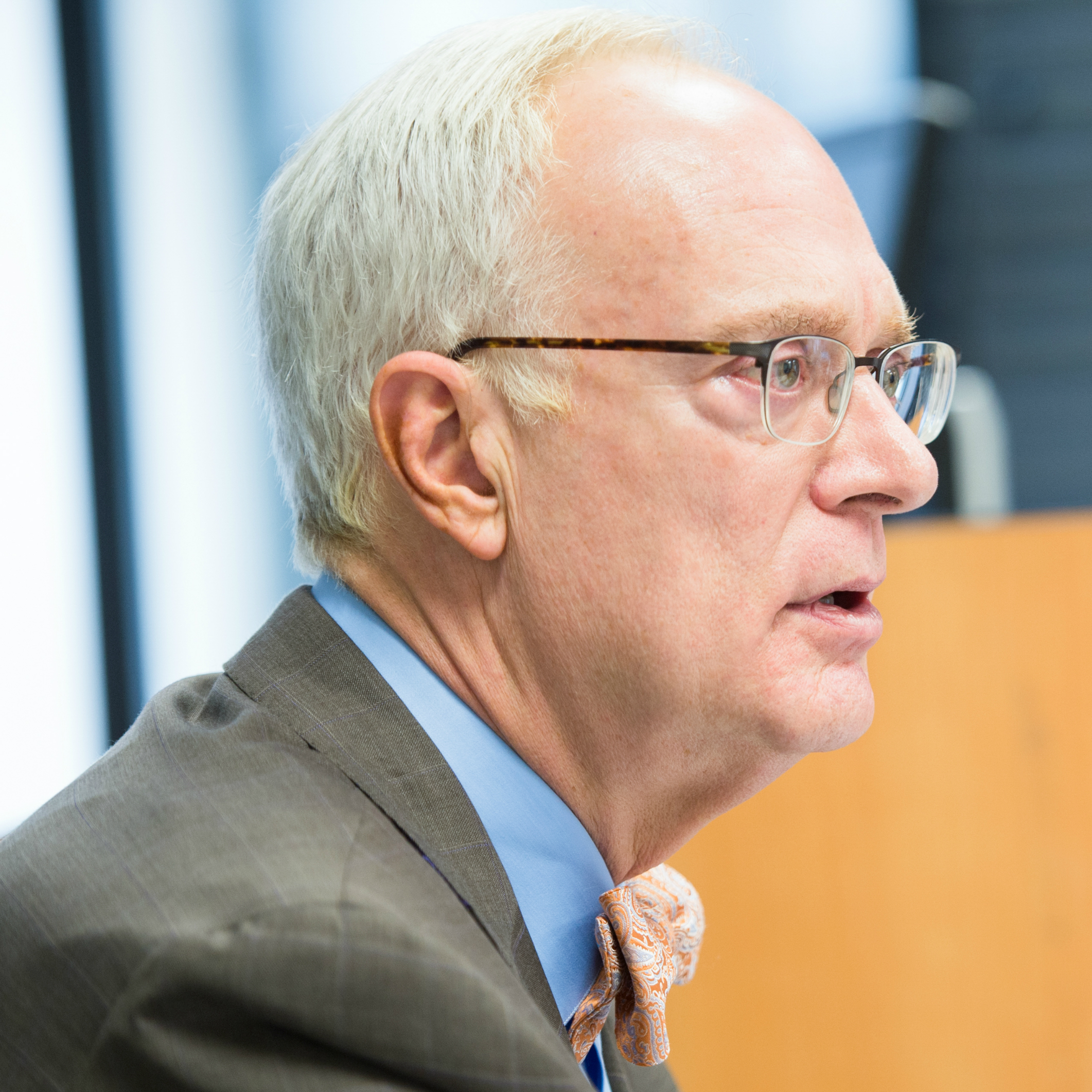
Christopher DeMuth is a Distinguished Fellow at the Hudson Institute in Washington, D.C. He was President of the American Enterprise Institute for Public Policy Research from 1986–2008 and D.C. Searle Senior Fellow at AEI from 2008–2011.

Economics & Domestic Policy
Christopher DeMuth is a Distinguished Fellow at the Hudson Institute in Washington, D.C. He was President of the American Enterprise Institute for Public Policy Research from 1986–2008 and D.C. Searle Senior Fellow at AEI from 2008–2011.
A graduate of The Lawrenceville School, Harvard College, and the University of Chicago Law School, Mr. DeMuth was staff assistant to President Richard Nixon in 1969–1970, working on urban and environmental policy, and, during President Ronald Reagan’s first term, was administrator for information and regulatory affairs in the Office of Management and Budget and executive director of the Presidential Task Force on Regulatory Relief. From 1976–1980, he taught at the Harvard Kennedy School of Government and directed the Harvard Faculty Project on Regulation. He has also practiced law (with Sidley & Austin in Chicago and at the Consolidated Rail Corporation in Philadelphia) and been an economic consultant (with Lexecon, Inc.), and was for a time publisher and editor-in-chief of Regulation magazine (now published by the Cato Institute). He is currently a director of State Farm Mutual Automobile Insurance Company and of several nonprofit organizations.
DeMuth was raised in Kenilworth, Illinois, and lives in McLean, Virginia. He and his wife, Susan DeMuth, MD, have three grown children and seven grandchildren. His writings are posted at www.ccdemuth.com.
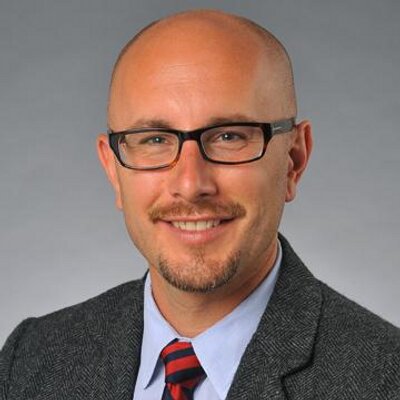
Daniel DiSalvo is a Senior Fellow at the Manhattan Institute’s Center for State and Local Leadership and an Assistant Professor of Political Science at The City College of New York-CUNY. His scholarship focuses on American political parties, elections, labor unions, state government, and public policy.

Economics & Domestic Policy
Daniel DiSalvo is a Senior Fellow at the Manhattan Institute’s Center for State and Local Leadership and an Assistant Professor of Political Science at The City College of New York-CUNY.
His scholarship focuses on American political parties, elections, labor unions, state government, and public policy. He is the author of Government Against Itself: Public Union Power and Its Consequences (Oxford University Press, 2015) and Engines of Change: Party Factions in American Politics, 1868-2010 (Oxford University Press, 2012).
DiSalvo writes frequently for scholarly and popular publications, including National Affairs, City Journal, American Interest, Commentary, The Weekly Standard, Los Angeles Times, New York Daily News, and New York Post. He is coeditor of The Forum: A Journal of Applied Research in Contemporary Politics.
DiSalvo holds a Ph.D. in politics from the University of Virginia.

Charles Fain Lehman is a fellow at the Manhattan Institute, working primarily on the Policing and Public Safety Initiative, and a contributing editor of City Journal. His work on criminal justice, immigration, and social issues has appeared in the Wall Street Journal and Tablet, among other publications.

Economics & Domestic Policy
Charles Fain Lehman is a fellow at the Manhattan Institute, working primarily on the Policing and Public Safety Initiative, and a contributing editor of City Journal. He also hosts the podcast Institutionalized with cohost Aaron Sibarium.
Lehman was previously a staff writer with the Washington Free Beacon, where he covered domestic policy from a data-driven perspective. His work on criminal justice, immigration, and social issues has appeared in the Wall Street Journal, National Review Online, and Tablet, among other publications, and he is a contributing writer with the Institute for Family Studies. Originally from Pittsburgh, he now lives in the Maryland suburbs of Washington, D.C.

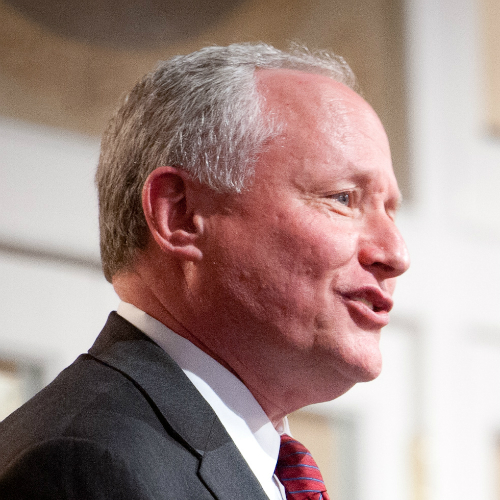
William Kristol is editor-at-large of The Bulwark and founder of The Weekly Standard. Mr. Kristol has served as chief of staff to the Vice President Dan Quayle and to the Secretary of Education. He hosts Conversations with Bill Kristol, which features in-depth conversations with leading figures in American public life.

Economics & Domestic Policy
William Kristol is editor-at-large of The Bulwark. He was a founder of The Weekly Standard, and is a regular guest on leading political commentary shows.
Before starting The Weekly Standard in 1995, Mr. Kristol led the Project for the Republican Future, where he helped shape the strategy that produced the 1994 Republican congressional victory. Prior to that, Mr. Kristol served as chief of staff to Vice President Dan Quayle during the first Bush Administration, and to Education Secretary William Bennett under President Reagan. Before coming to Washington in 1985, Mr. Kristol was on the faculty of Harvard University’s Kennedy School of Government (1983–1985) and the Department of Political Science at the University of Pennsylvania (1979–1983). Mr. Kristol has published widely in areas ranging from foreign policy to constitutional law to political philosophy.
He is co-author, with Lawrence Kaplan, of the best-selling book The War Over Iraq (2003) and the co-editor of The Neoconservative Imagination (with Christopher DeMuth, 1995), Present Dangers (with Robert Kagan, 2000), and The Future is Now: American Confronts the New Genetics (with Eric Cohen, 2002).
He hosts Conversations with Bill Kristol, which features in-depth conversations with leading figures in American public life.
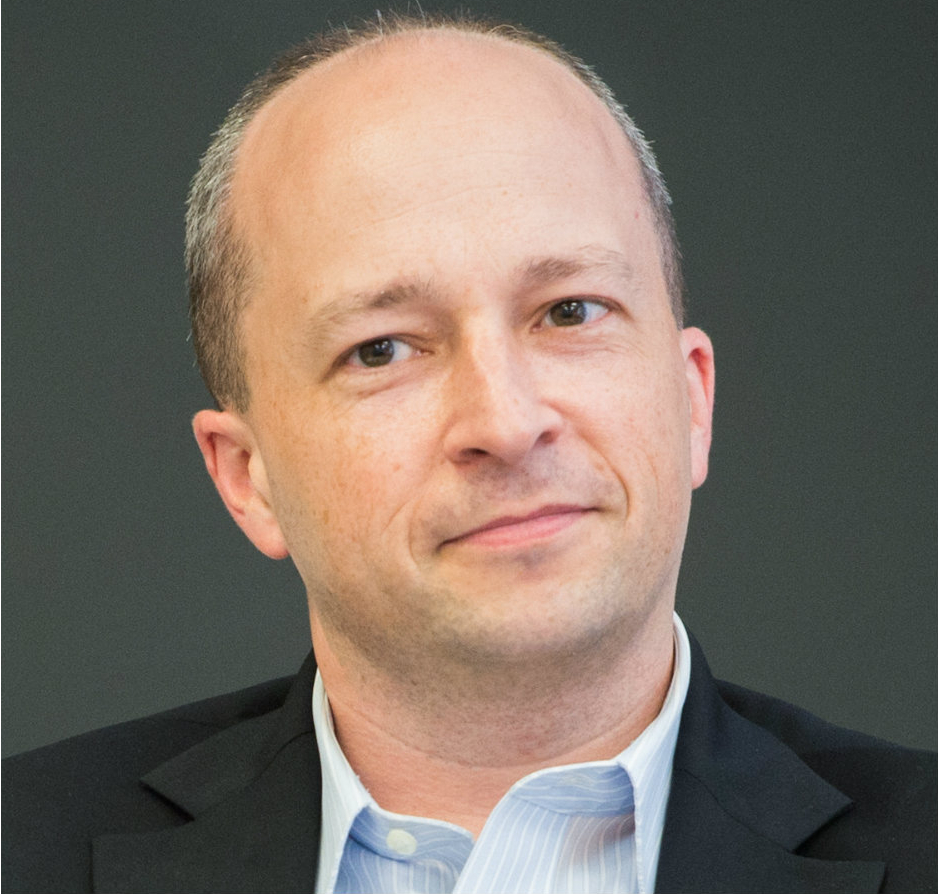
Yuval Levin is a Resident Scholar and Director of Social, Cultural, and Constitutional Studies at the American Enterprise Institute and the Editor of National Affairs magazine. Mr. Levin served on the White House domestic policy staff under President George W. Bush.

Economics & Domestic Policy
Yuval Levin is a Resident Scholar and Director of Social, Cultural, and Constitutional Studies at the American Enterprise Institute (AEI) and the founding Editor of National Affairs magazine. Prior to joining AEI, he was Vice President of the Ethics and Public Policy Center and EPPC’s Hertog Fellow.
He is a Contributing Editor of National Review and The Weekly Standard and a Senior Editor of EPPC’s journal The New Atlantis. Author and editor of numerous books, including The Great Debate: Edmund Burke, Thomas Paine, and the Birth of Right and Left (2013), The Fractured Republic: Renewing America’s Social Contract in the Age of Individualism (2016), and he most recently published A Time to Build: From Family and Community to Congress and the Campus, How Recommitting to Our Institutions Can Revive the American Dream (2020). His essays and articles have appeared in numerous publications including The New York Times, The Washington Post, The Wall Street Journal, Commentary, and others.
Before joining EPPC, Mr. Levin served on the White House domestic policy staff under President George W. Bush. He has also been Executive Director of the President’s Council on Bioethics and a congressional staffer. He holds a B.A. from American University and a Ph.D. from the University of Chicago. He is a recipient of a 2013 Bradley Prize for intellectual achievement.
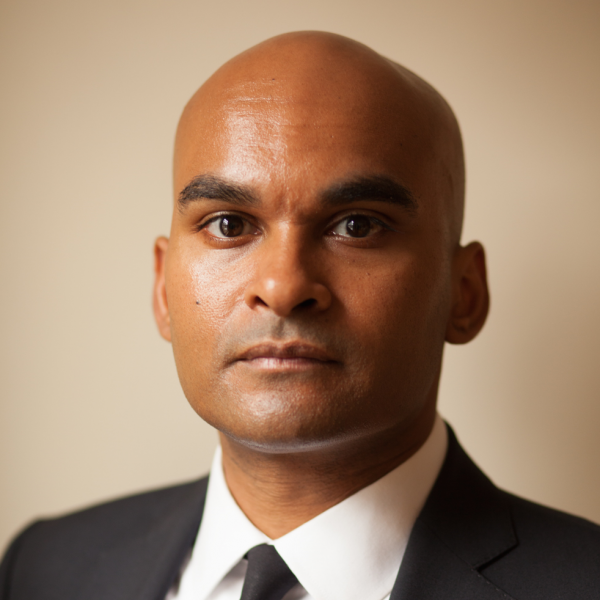
Reihan Salam is President of the Manhattan Institute. A second-generation American, he is the author, most recently, of Melting Pot or Civil War? (Sentinel, 2018) and, before that, the co-author, with Ross Douthat, of Grand New Party (Doubleday, 2008).

Economics & Domestic Policy
Reihan Salam is President of the Manhattan Institute. Mr. Salam is the Institute’s fifth president in its 42-year history.
From 2014 to 2019, he served as the executive editor of National Review. He is also a National Review Institute Policy Fellow, a contributing editor at The Atlantic and National Affairs, and, in 2017, was named a Young Global Leader of the World Economic Forum. A second-generation American, he is the author, most recently, of Melting Pot or Civil War? (Sentinel, 2018) and, before that, the co-author, with Ross Douthat, of Grand New Party (Doubleday, 2008).
Early in his career, Mr. Salam was an editorial researcher for David Brooks at The New York Times and a producer at NBC News, before becoming associate editor of The Atlantic. His writing has appeared in publications such as Slate, the Wall Street Journal, the Financial Times, the Washington Post, the Times of London, and The Spectator—and he has appeared as an analyst on a number of radio and television programs, including All Things Considered, Face the Nation, and This Week.
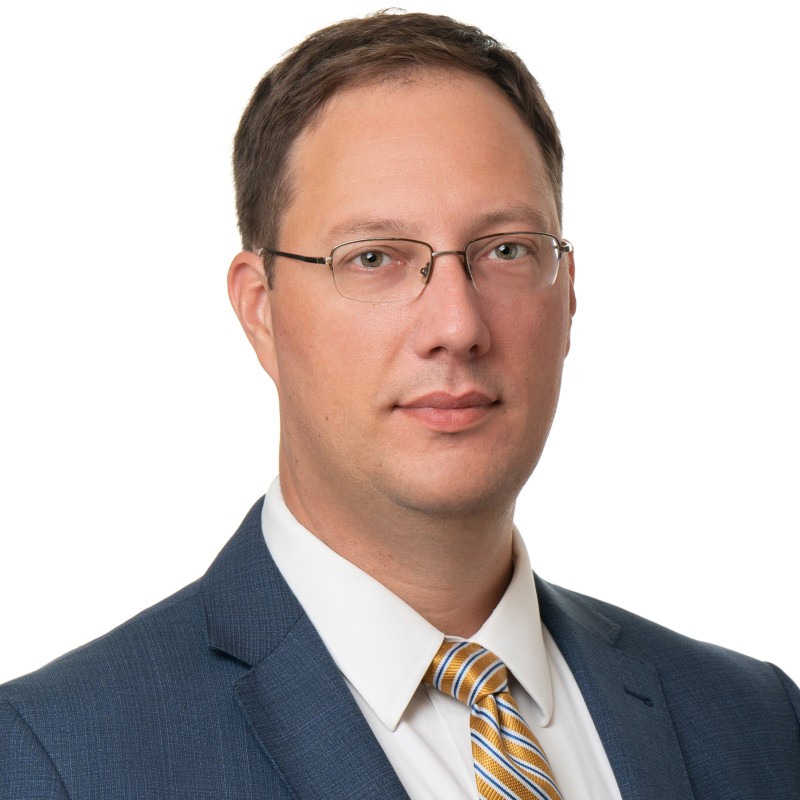
Adam J. White is the Laurence H. Silberman Chair in Constitutional Governance and senior fellow at the American Enterprise Institute, where he focuses on the Supreme Court and the administrative state. Concurrently, he codirects the Antonin Scalia Law School’s C. Boyden Gray Center for the Study of the Administrative State.

Economics & Domestic Policy
Adam J. White is the Laurence H. Silberman Chair in Constitutional Governance and senior fellow at the American Enterprise Institute, where he focuses on the Supreme Court and the administrative state. Concurrently, he codirects the Antonin Scalia Law School’s C. Boyden Gray Center for the Study of the Administrative State.
Mr. White practiced constitutional and administrative law, particularly in the regulation of energy and financial markets. He started his legal career as a law clerk for Judge David B. Sentelle at the US Court of Appeals for the DC Circuit.
Mr. White has testified often before Congress, including before the Senate’s Committees on the Judiciary; Commerce, Science, and Transportation; and Homeland Security and Governmental Affairs and before the House’s Judiciary and Financial Services Committees. In 2018, the Senate Committee on the Judiciary called him to testify in Brett Kavanaugh’s Supreme Court confirmation hearings to advise senators on Kavanaugh’s approach to administrative law.
In 2021, he served on the Presidential Commission on the Supreme Court of the United States, where he criticized “Court packing” and other efforts to restructure the Supreme Court. In 2017, he was appointed to serve on the Administrative Conference of the United States. He also serves on the leadership council for the American Bar Association’s Administrative Law and Regulatory Practice Section, which he will chair in 2023–24. Before joining AEI, he was a research fellow at Stanford University’s Hoover Institution and an adjunct fellow at the Manhattan Institute.
Mr. White has a JD from Harvard Law School and a bachelor of business administration from the College of Business at the University of Iowa.